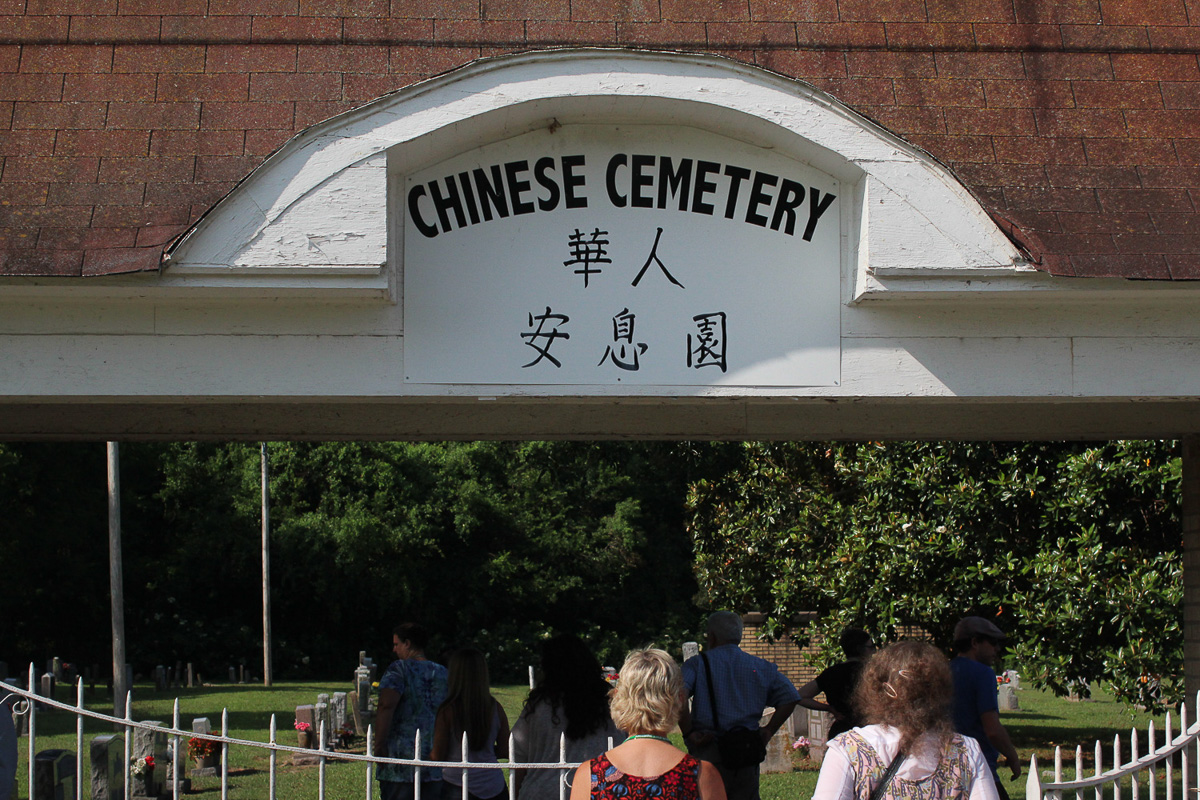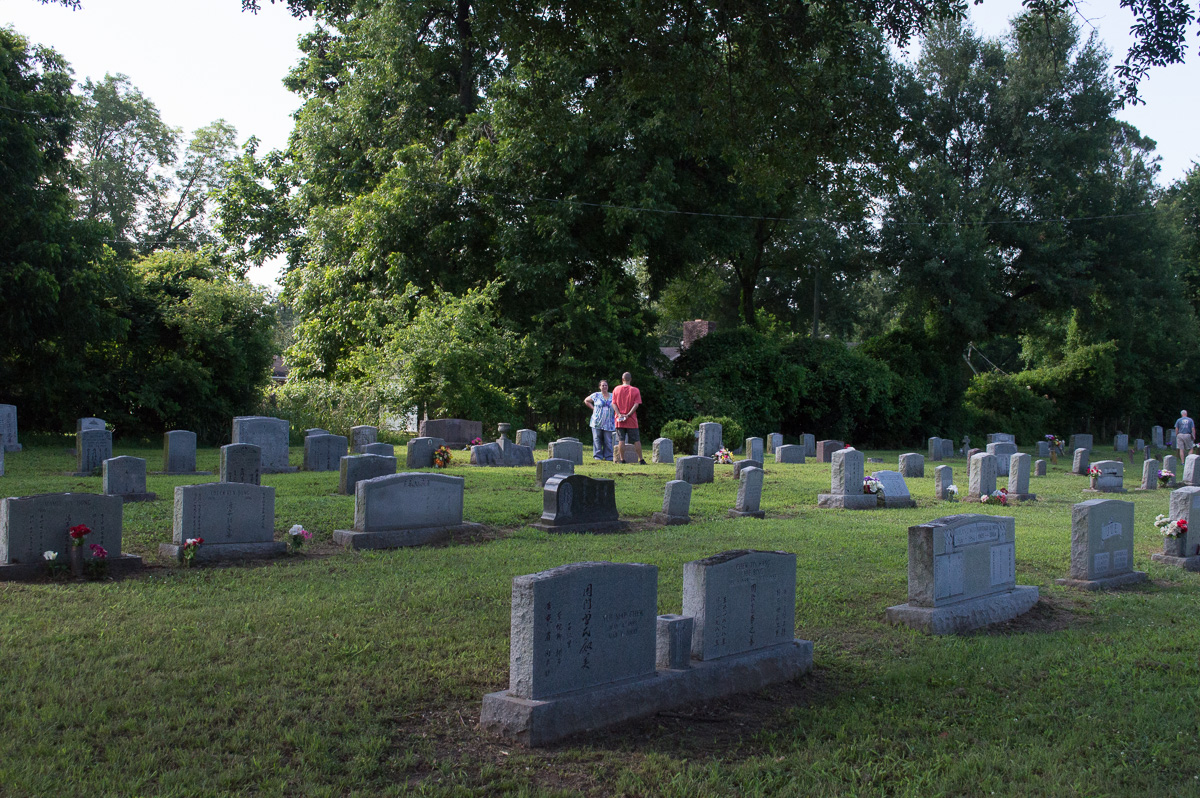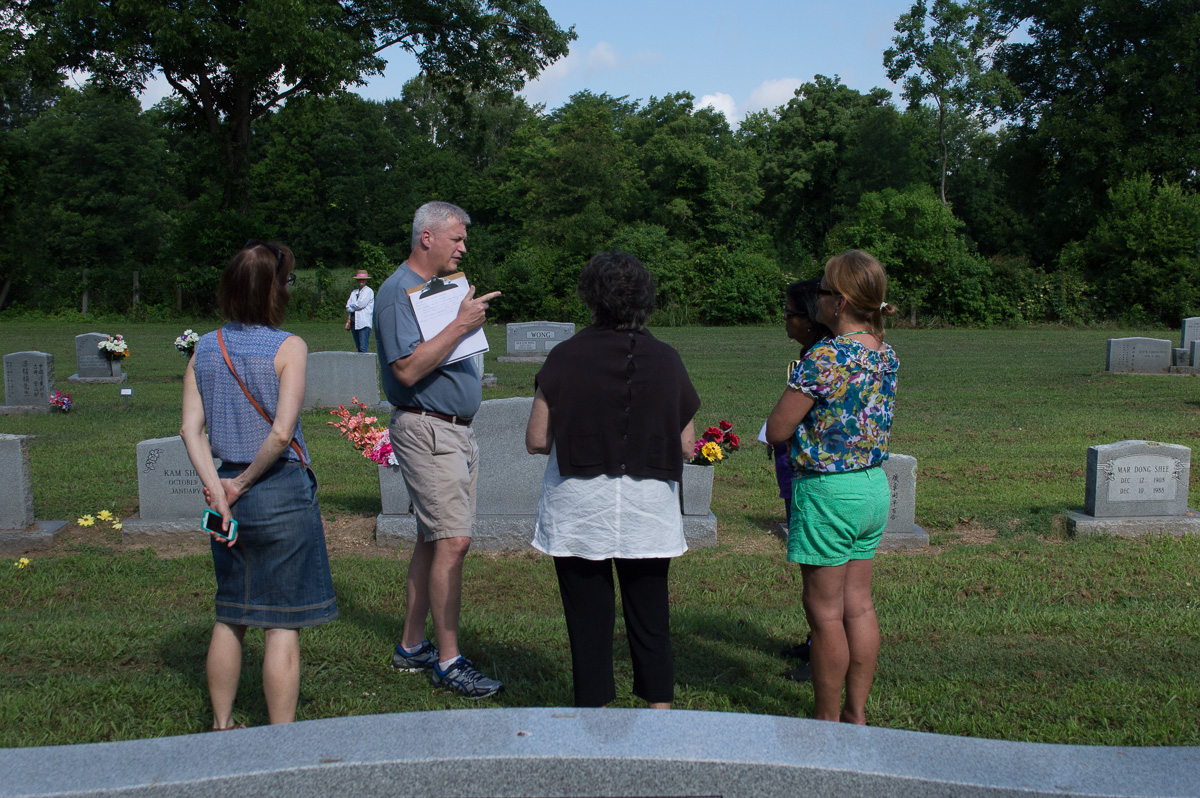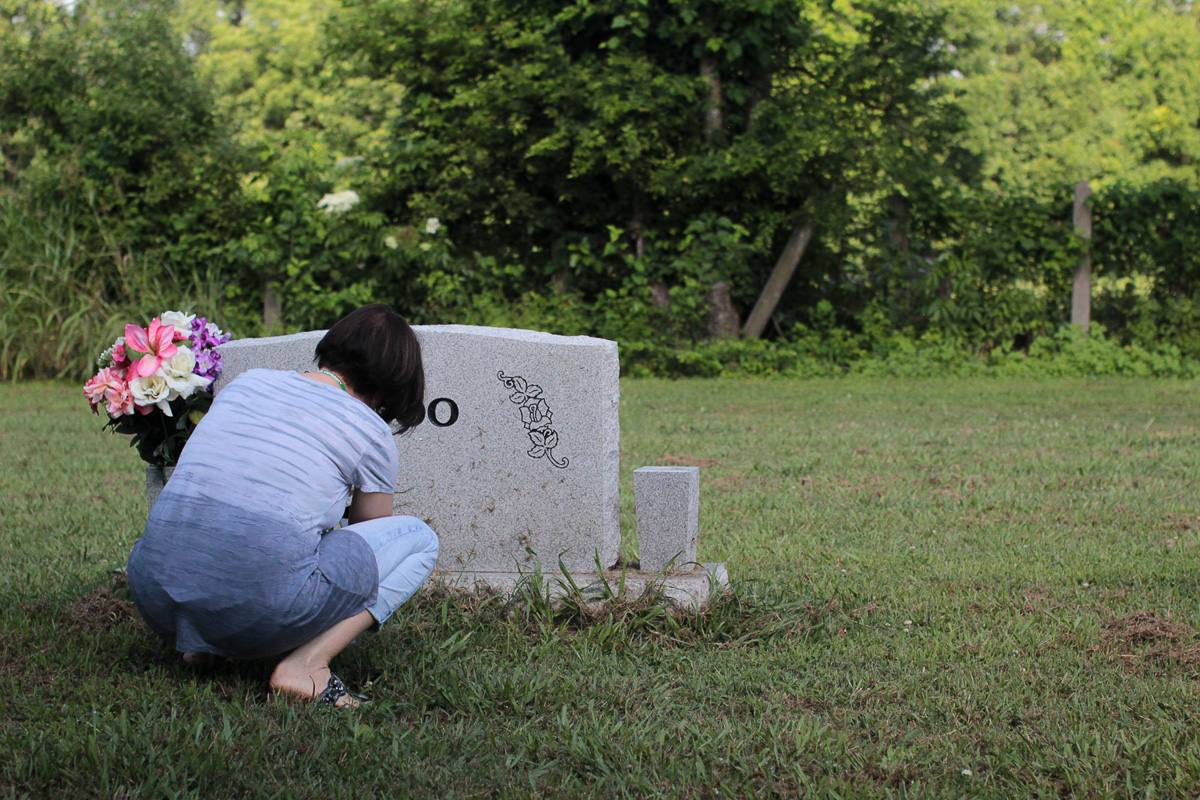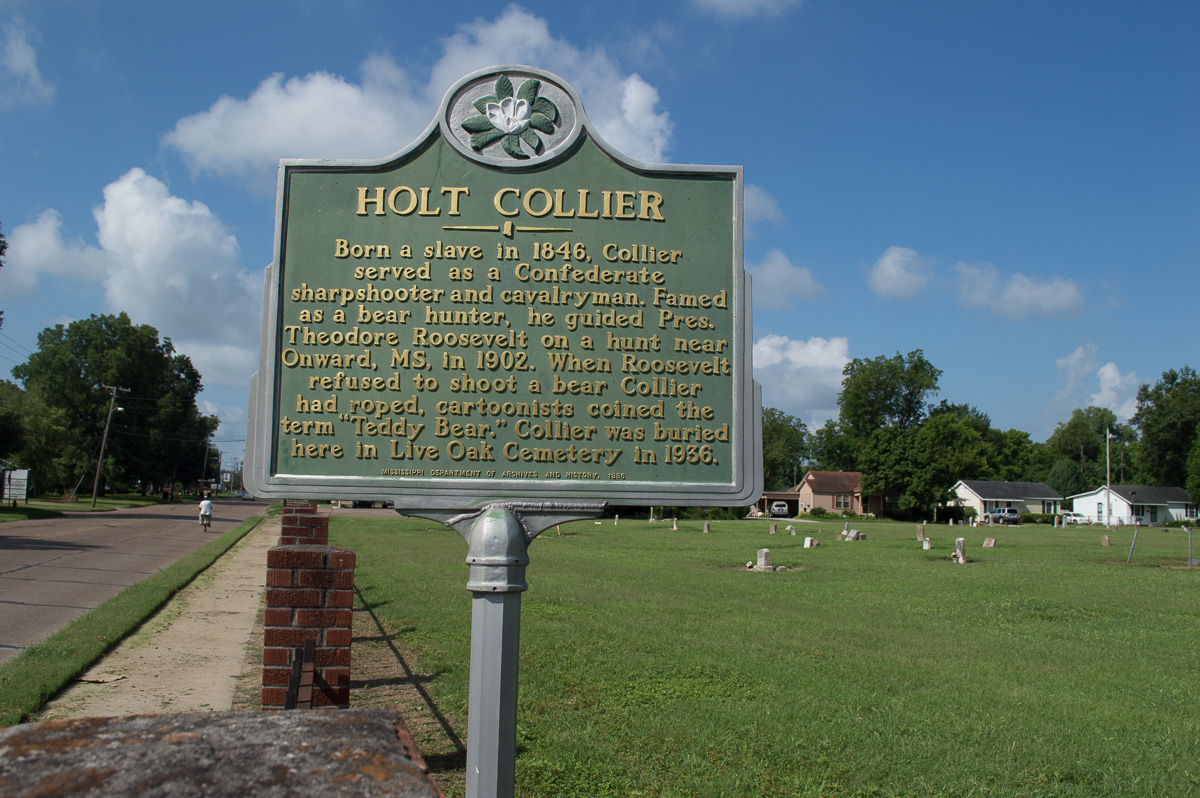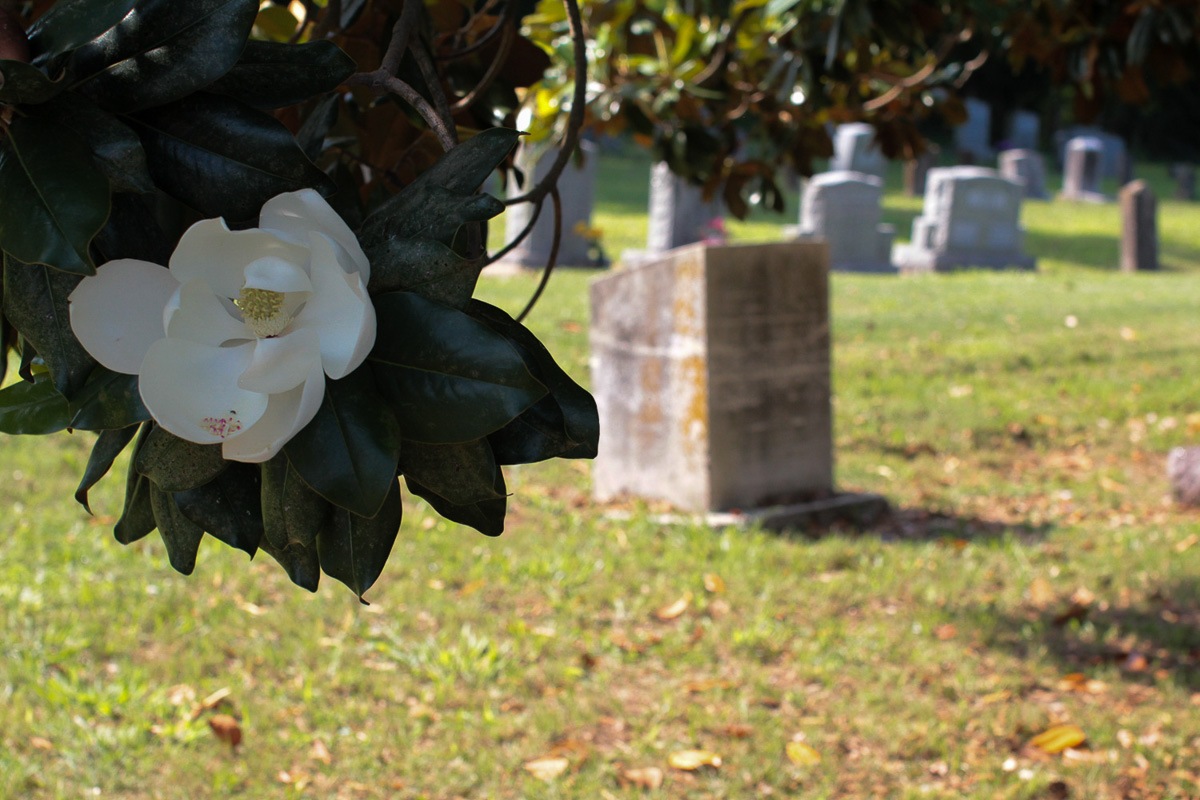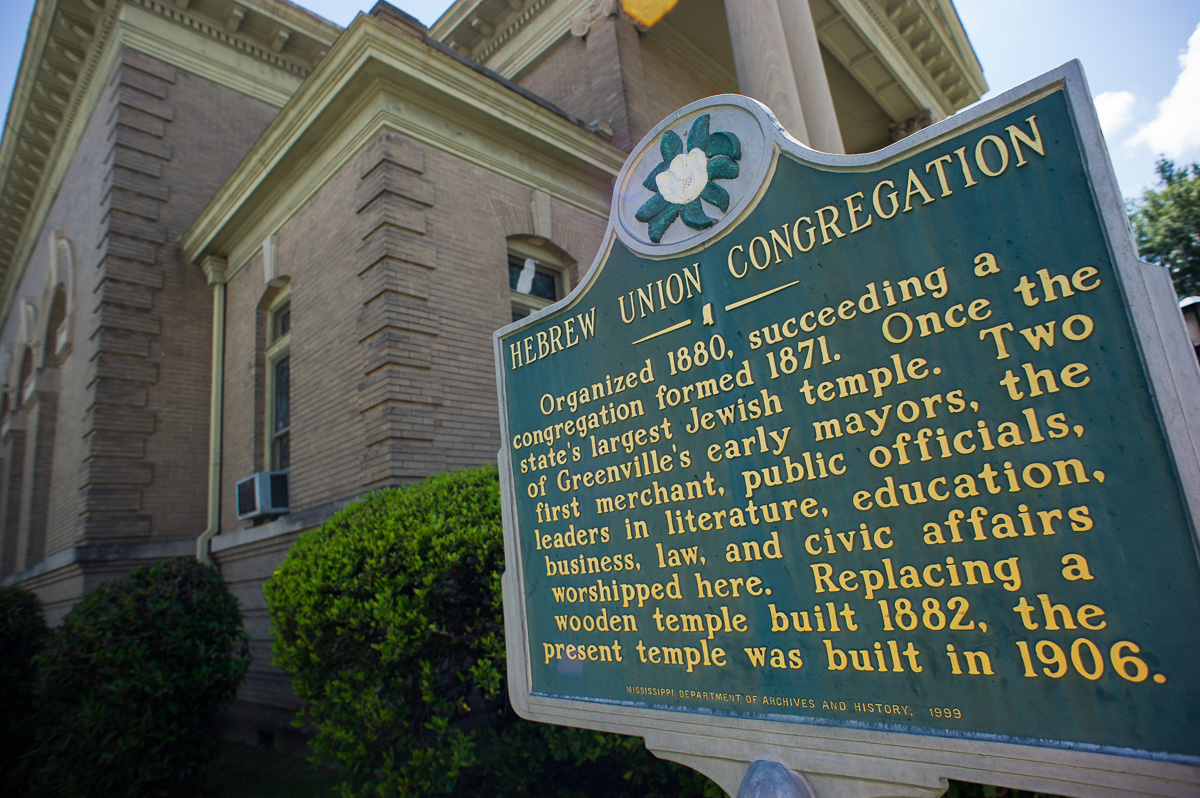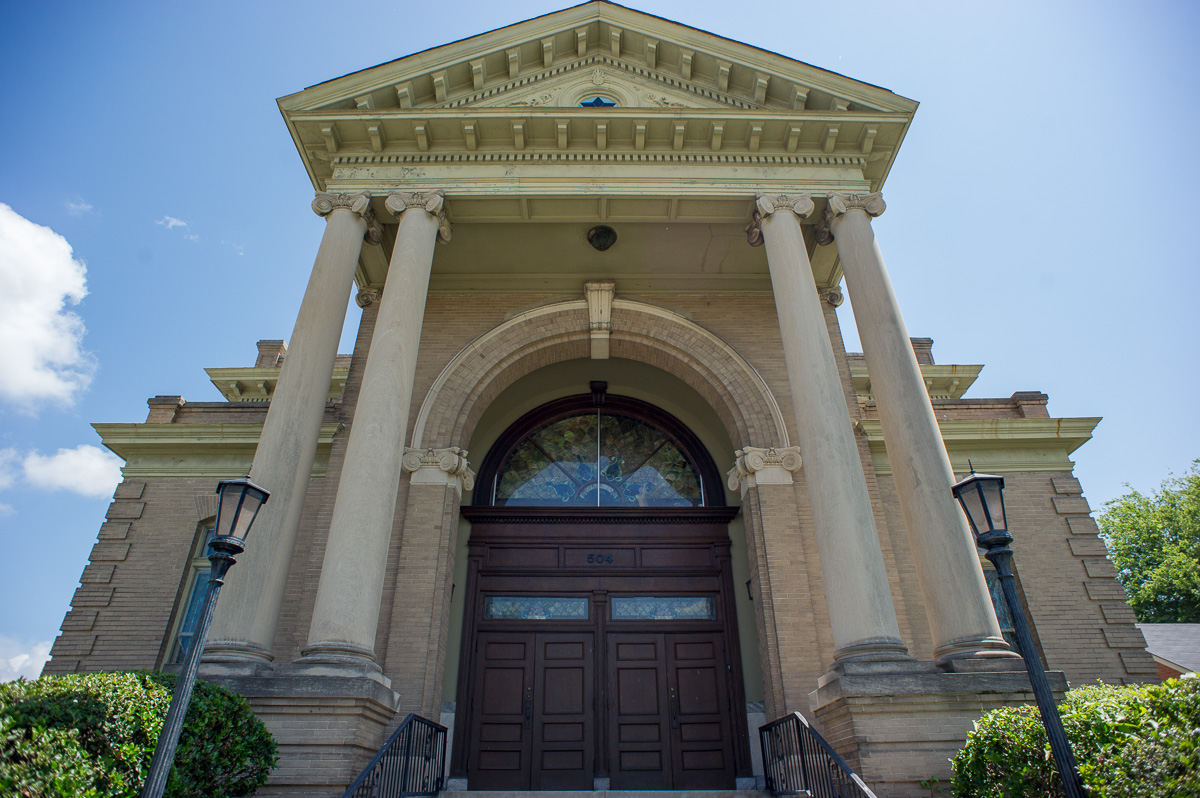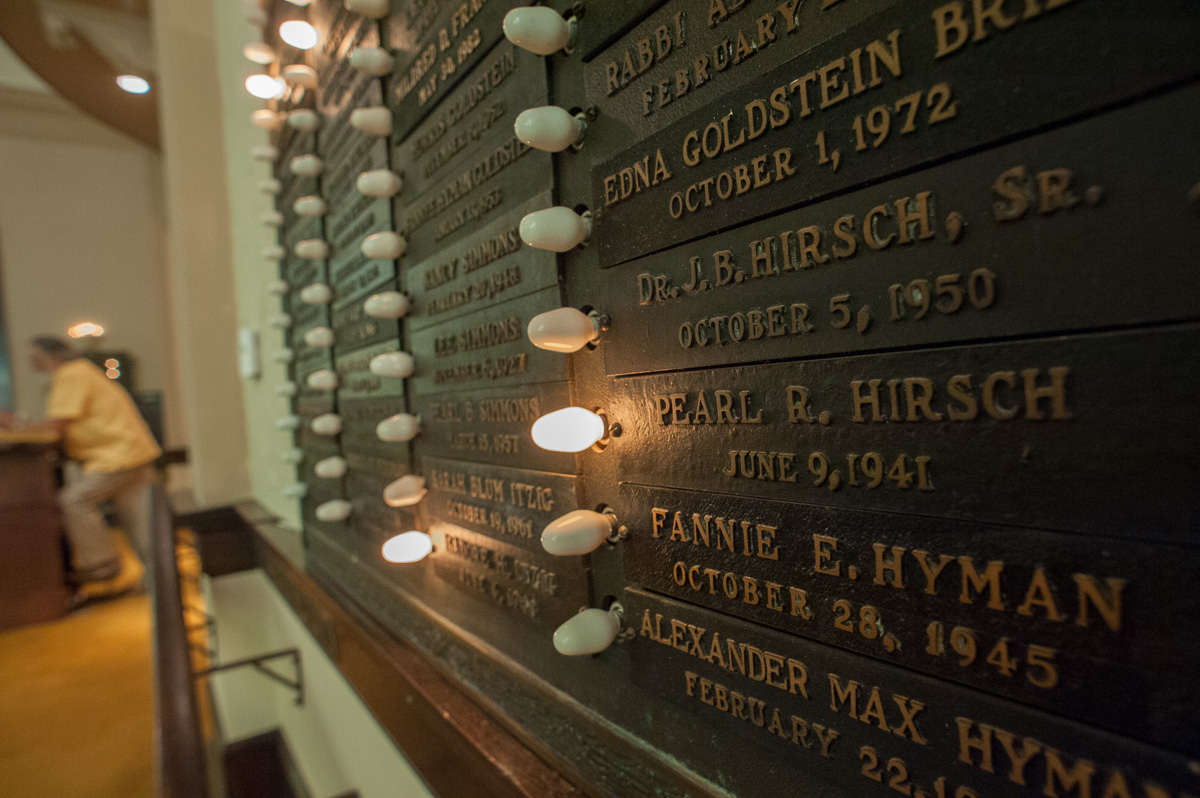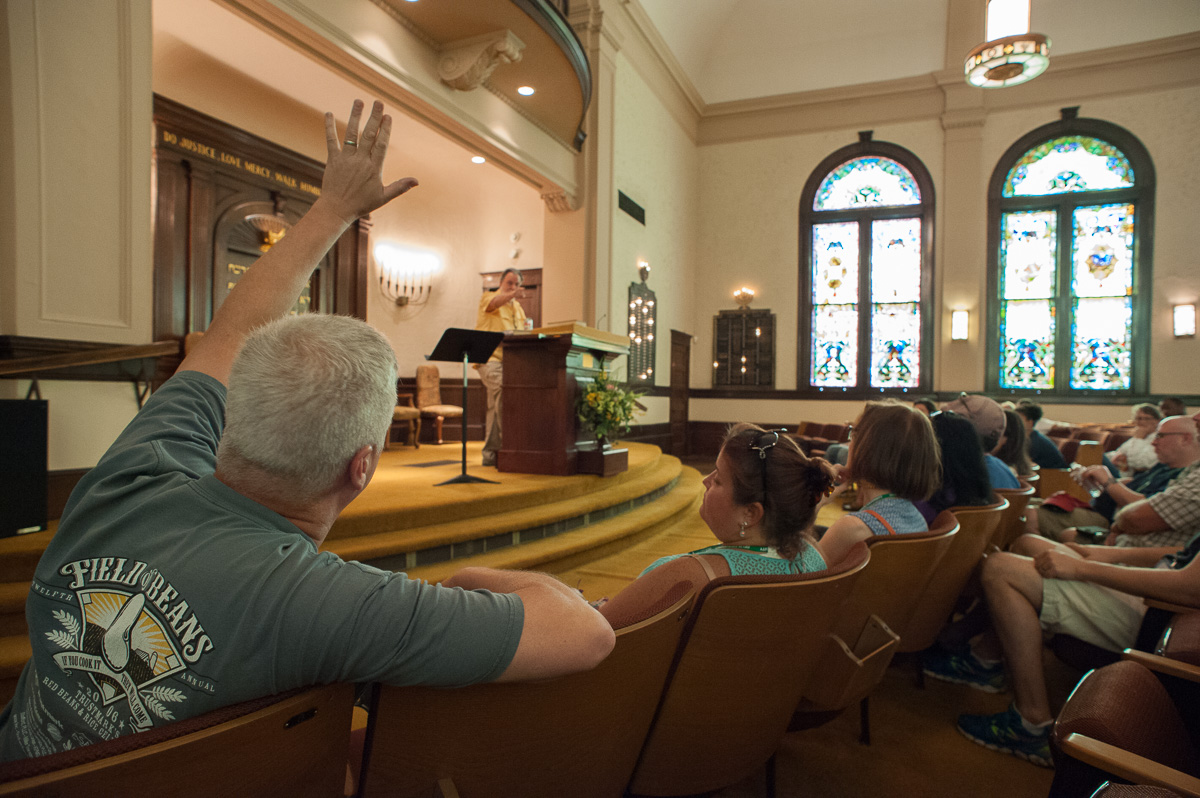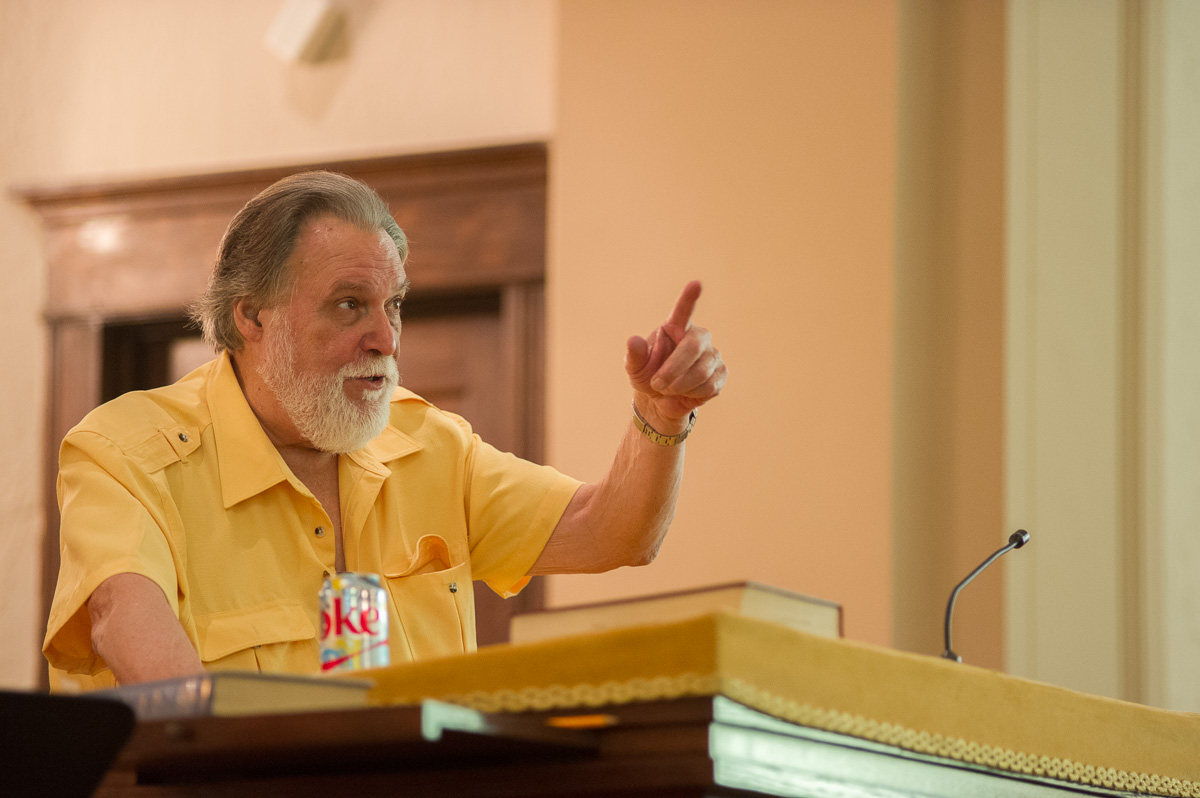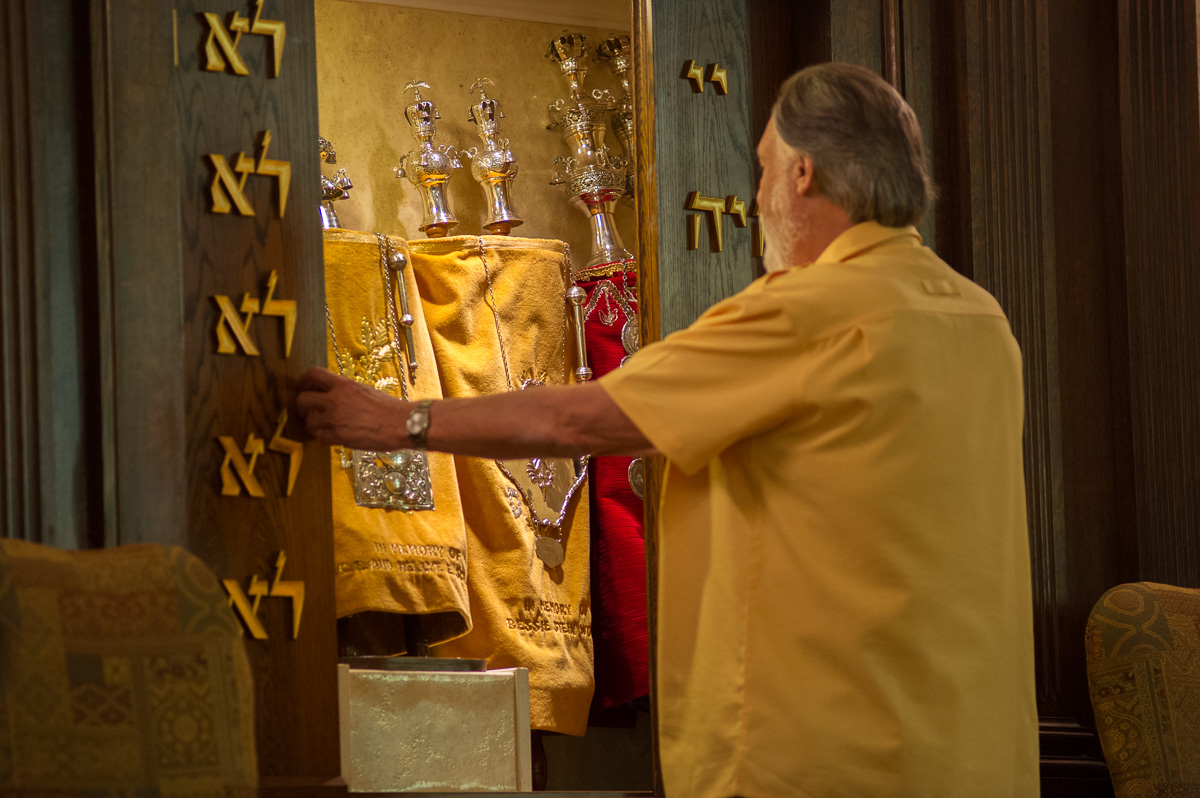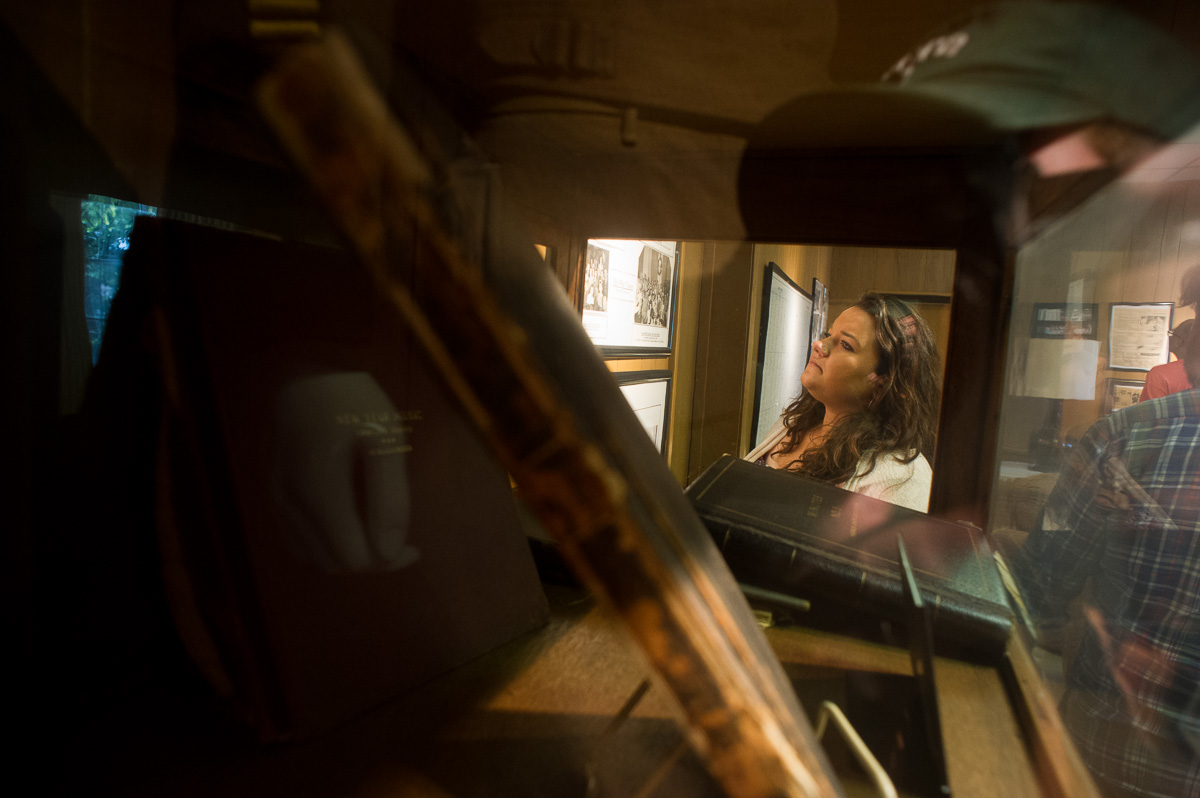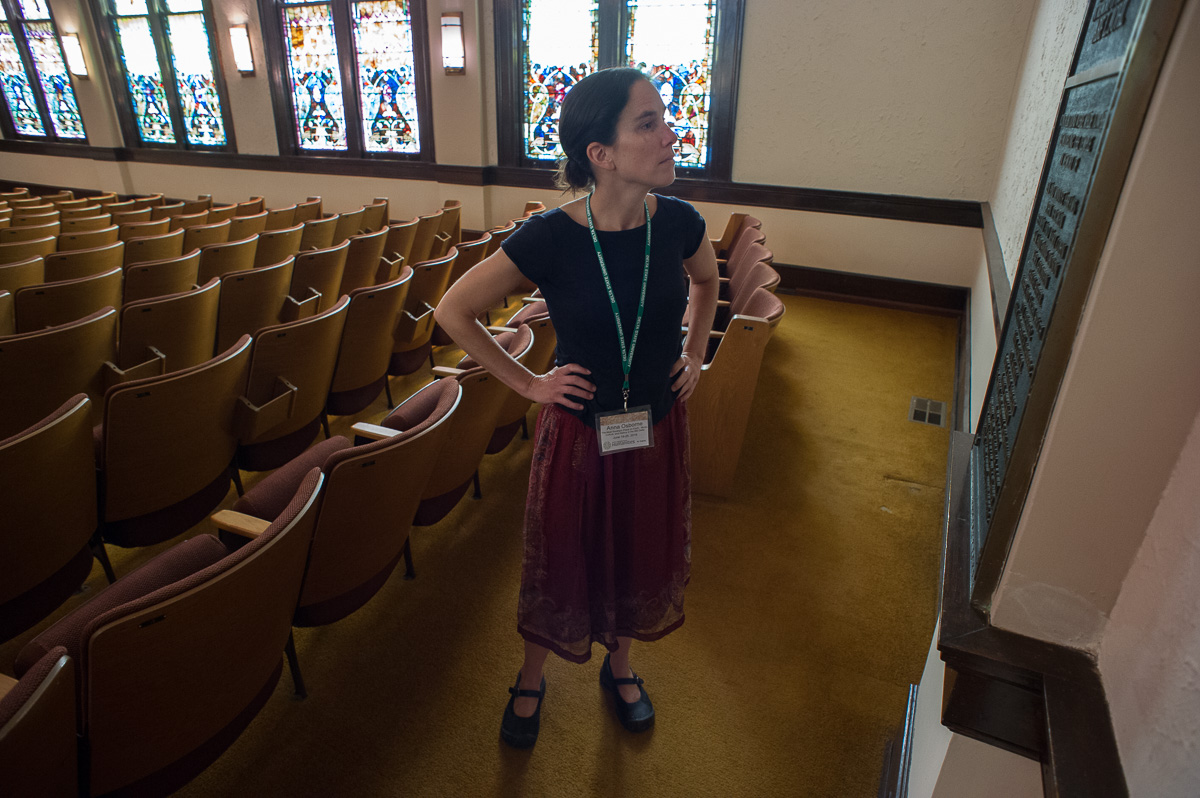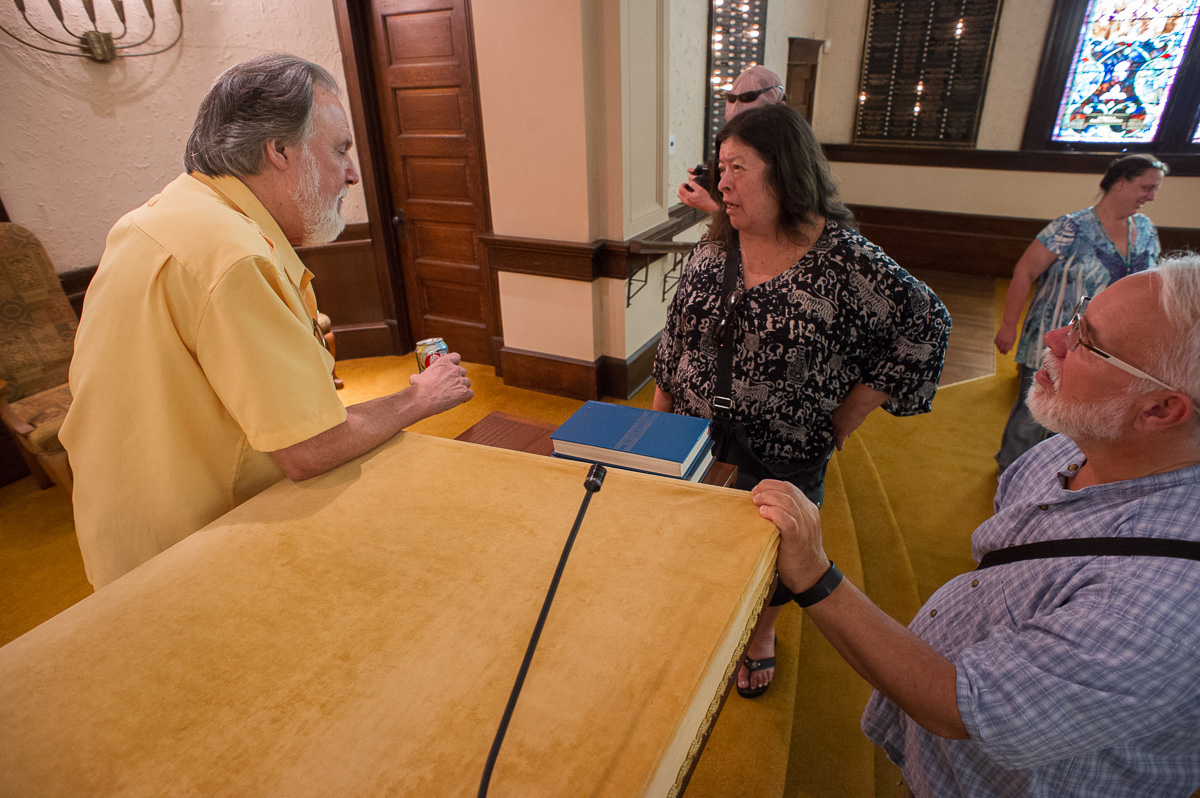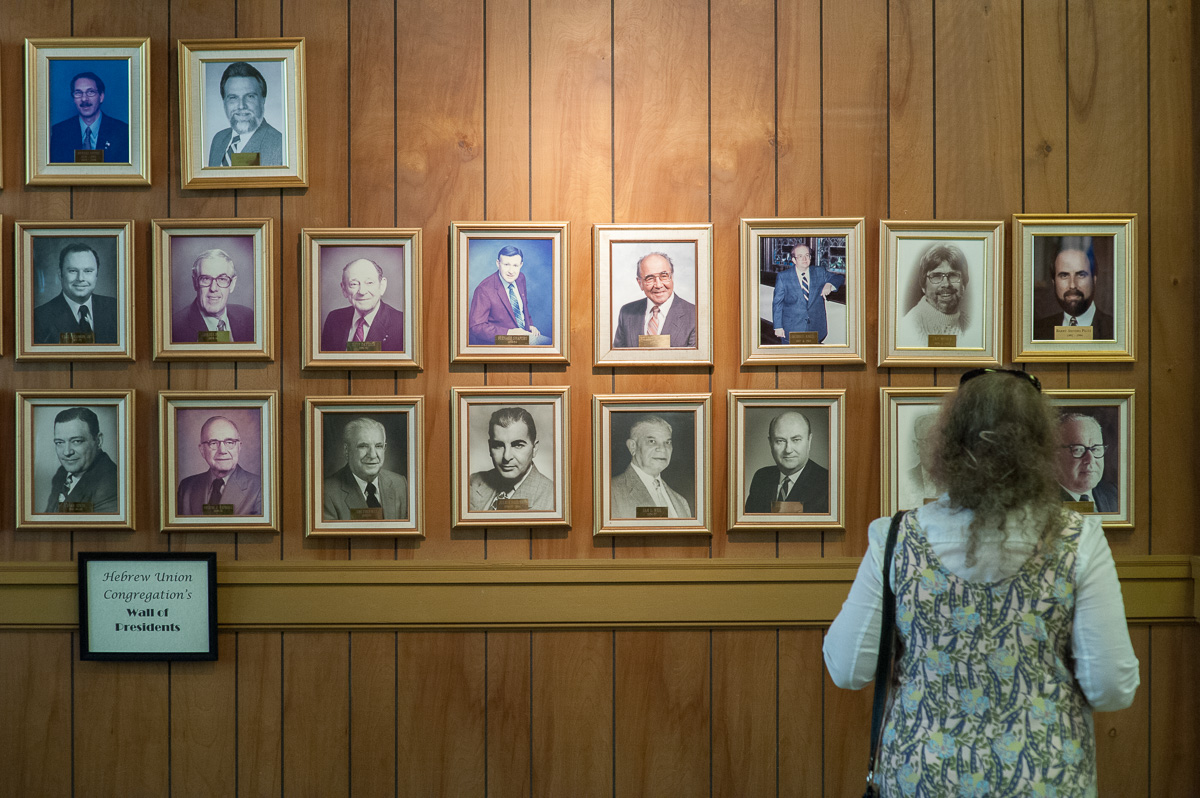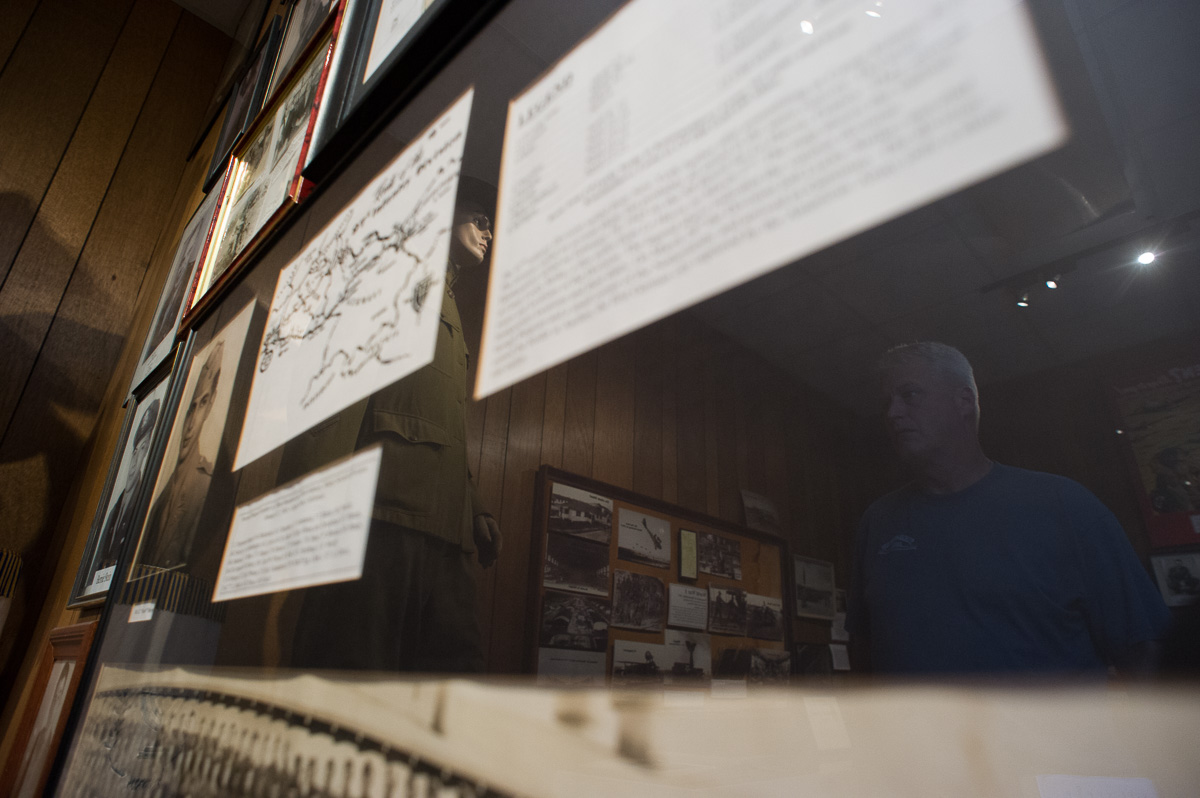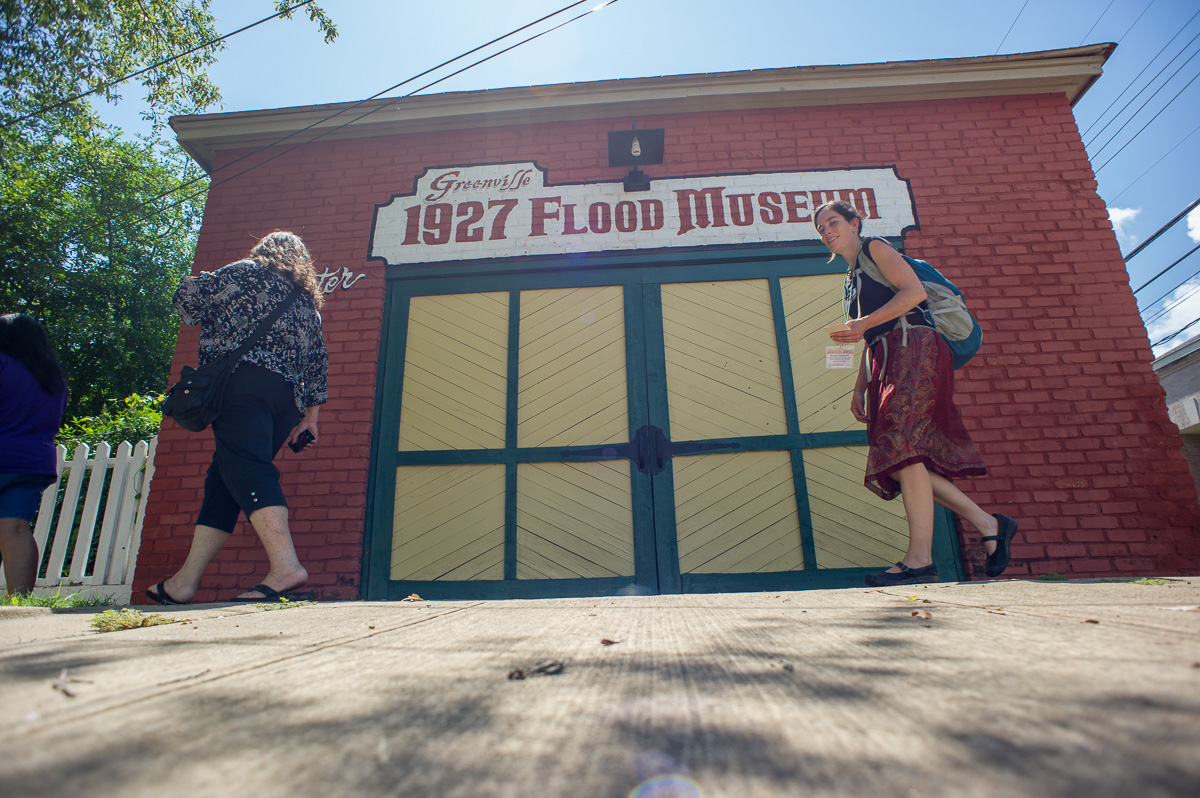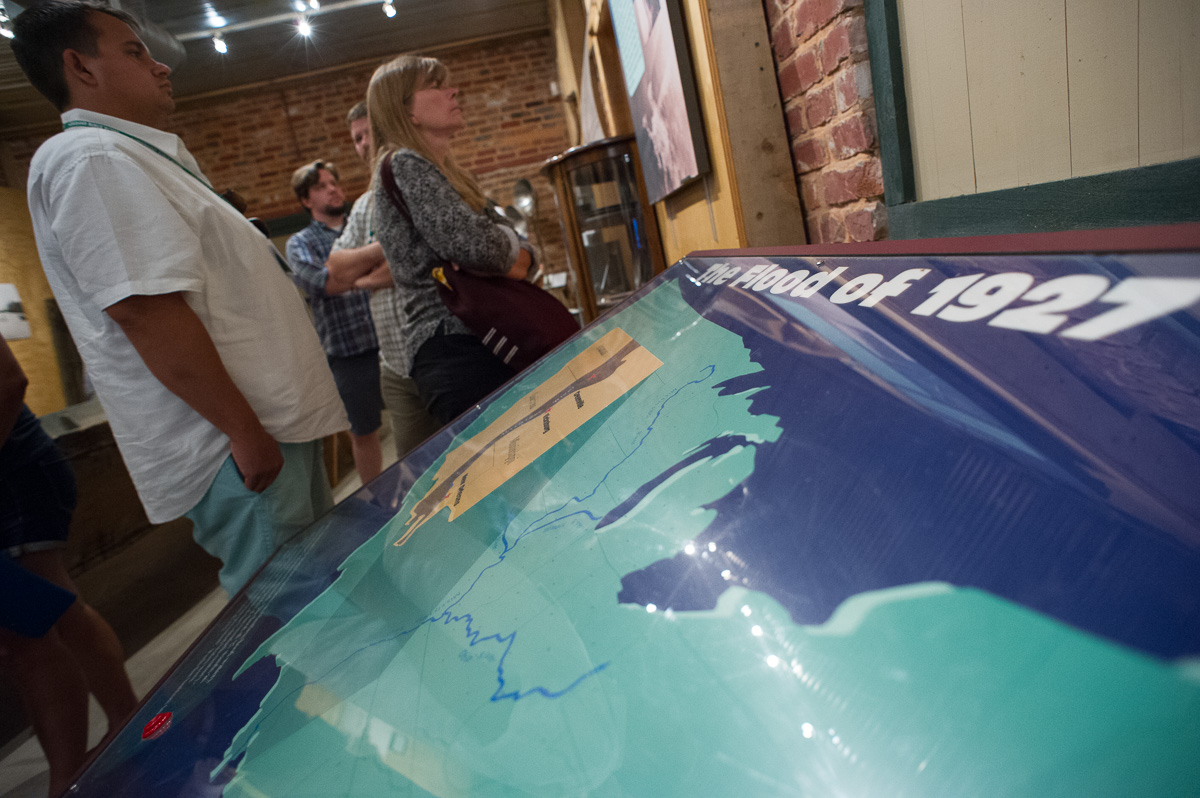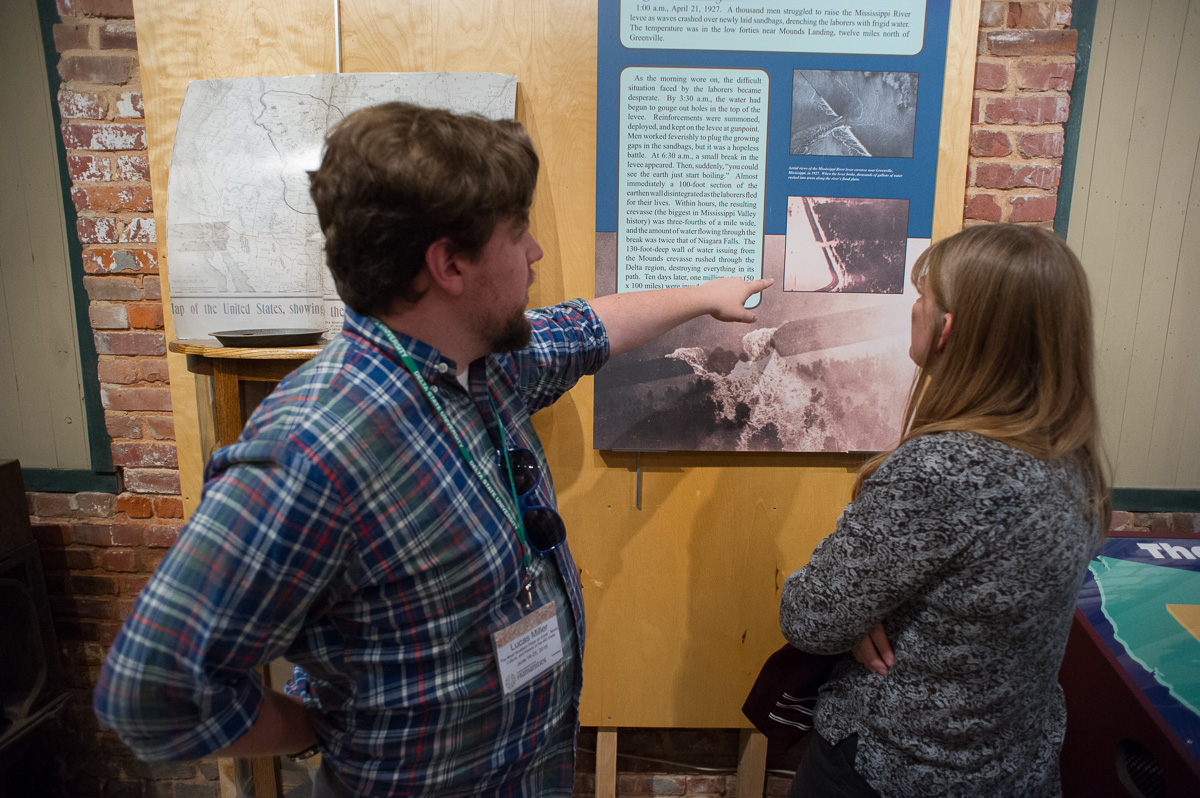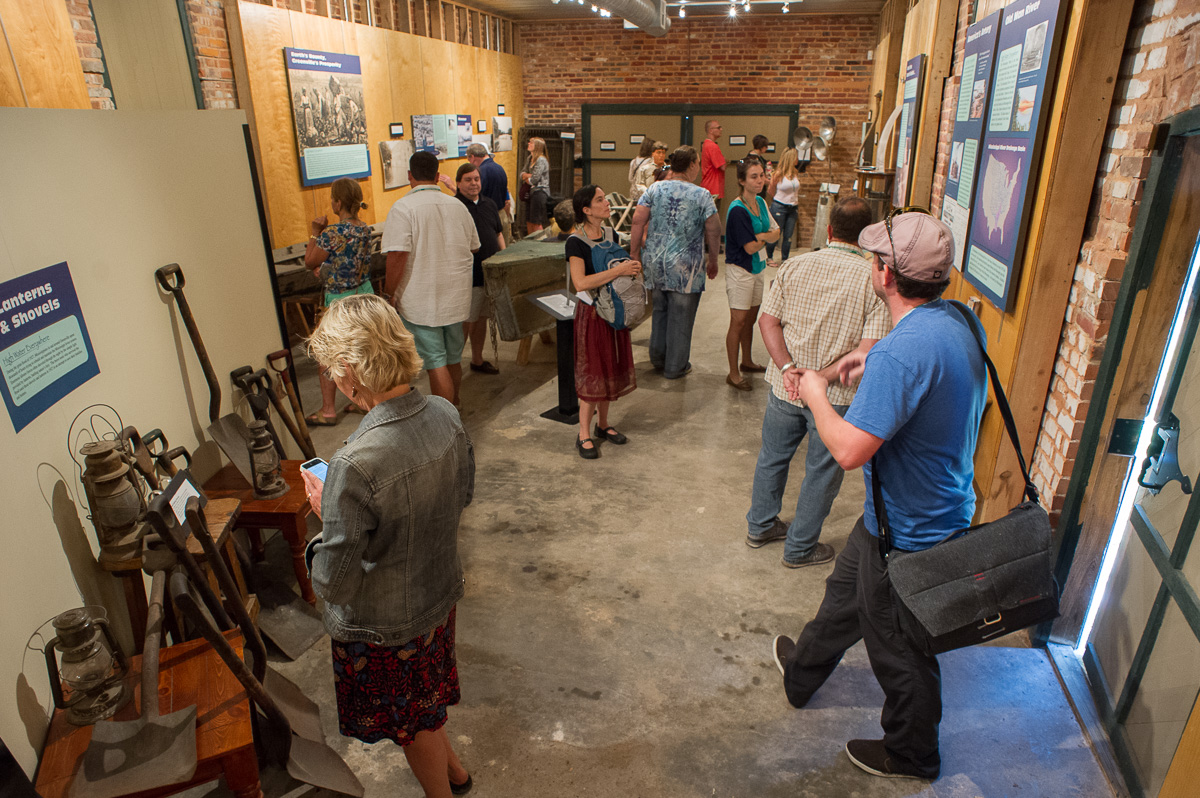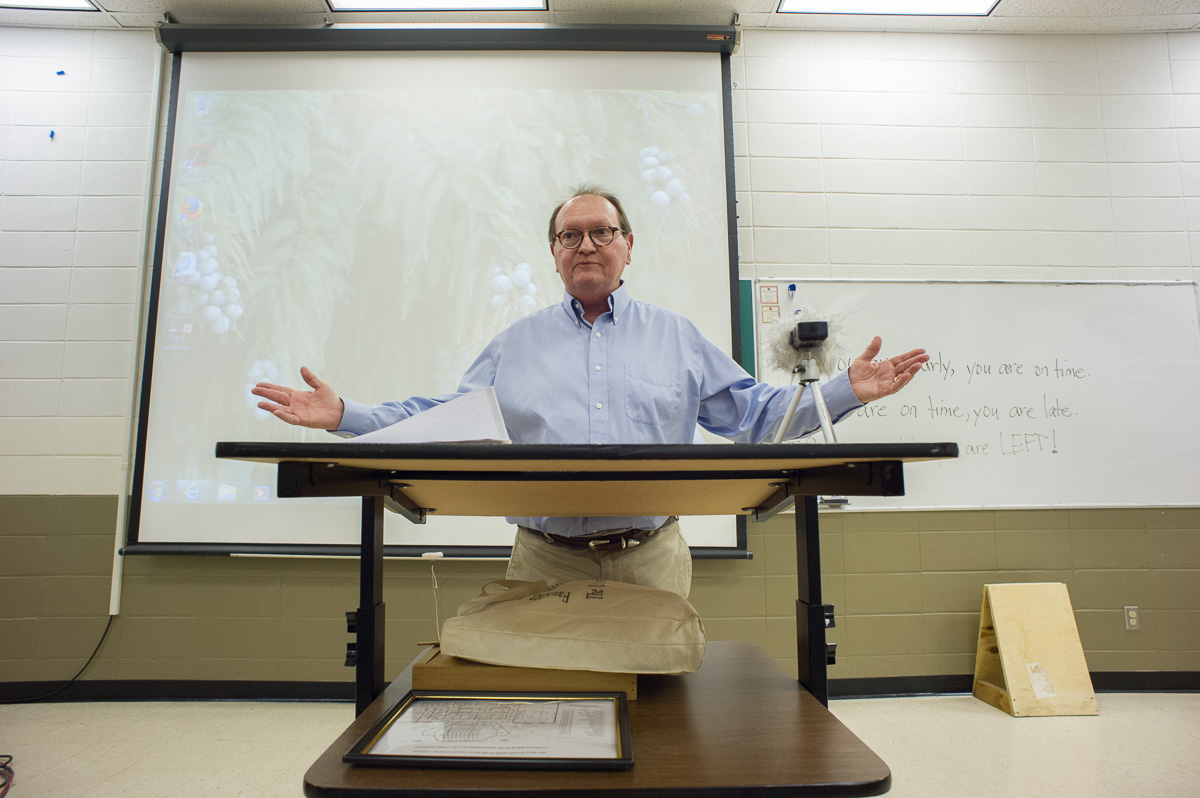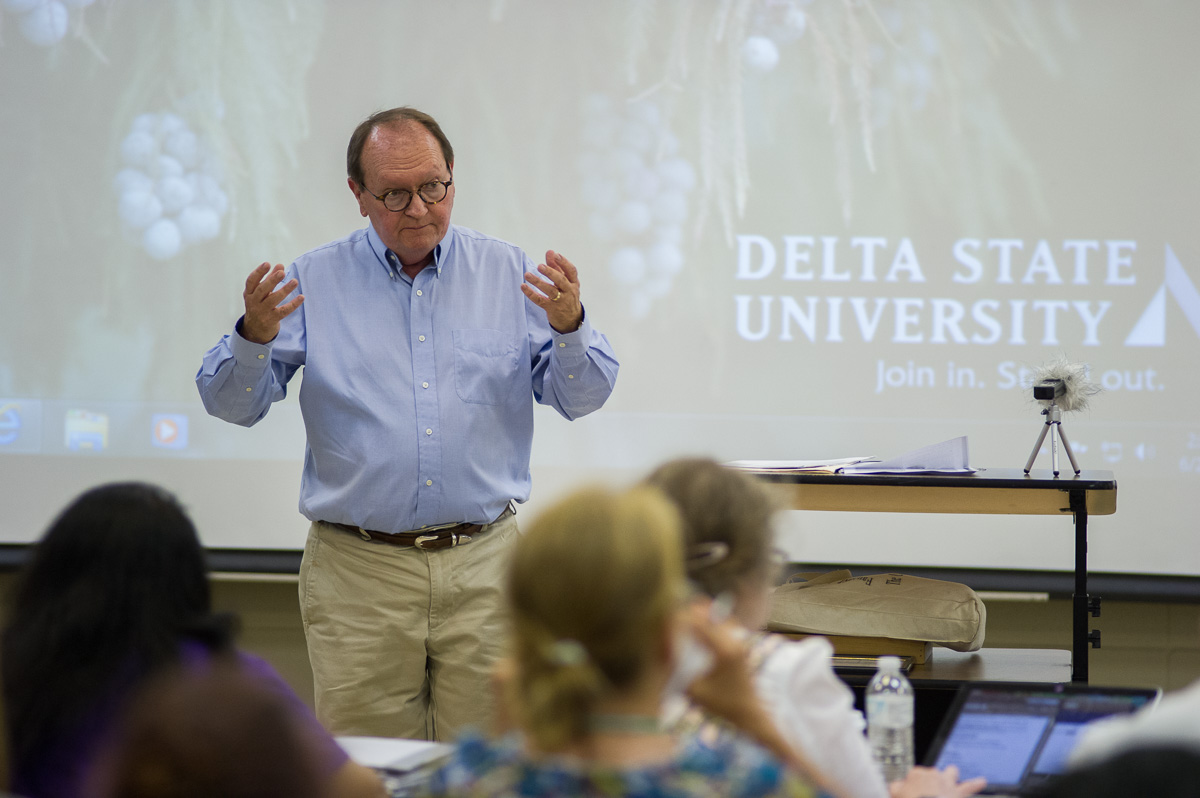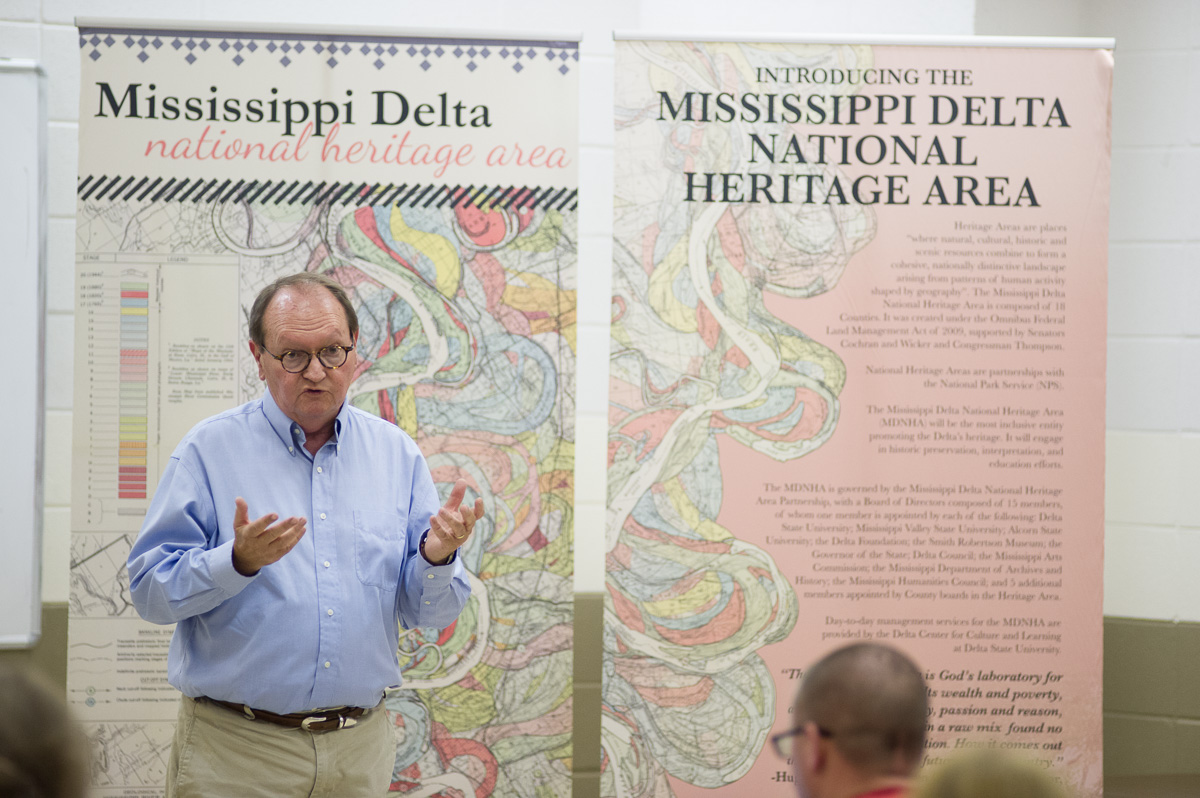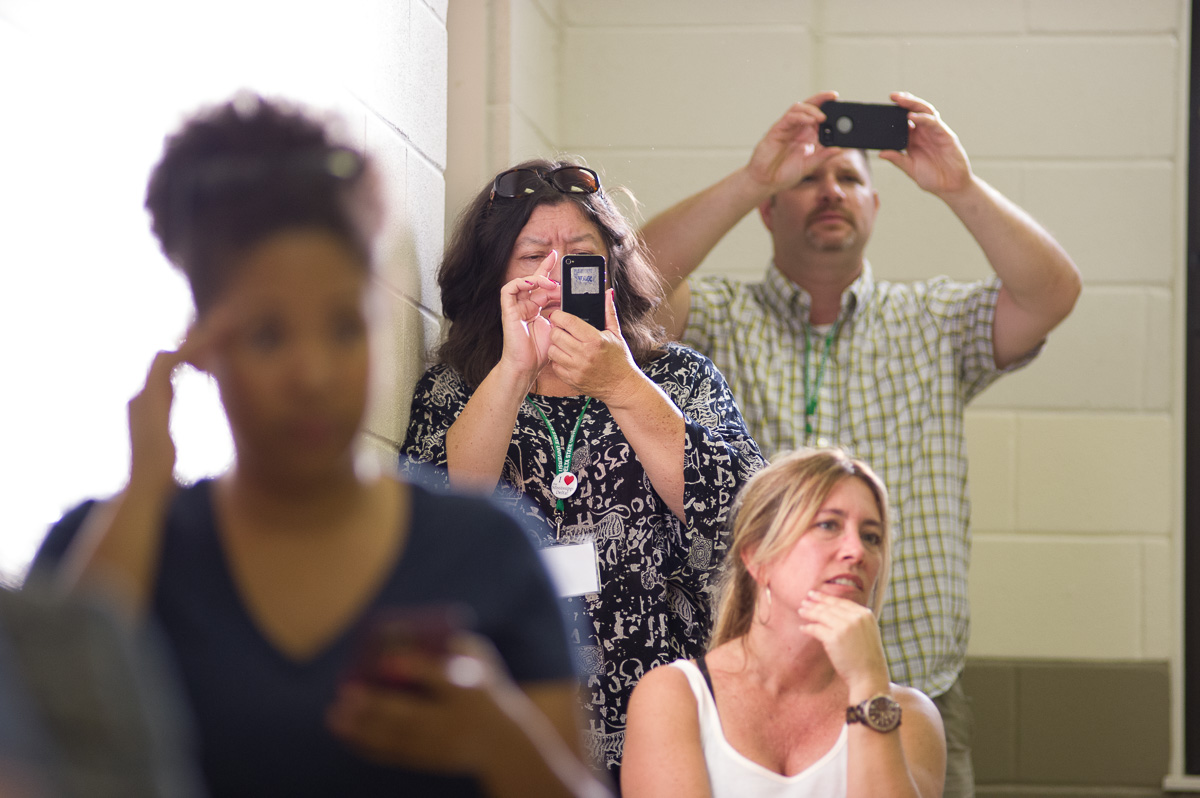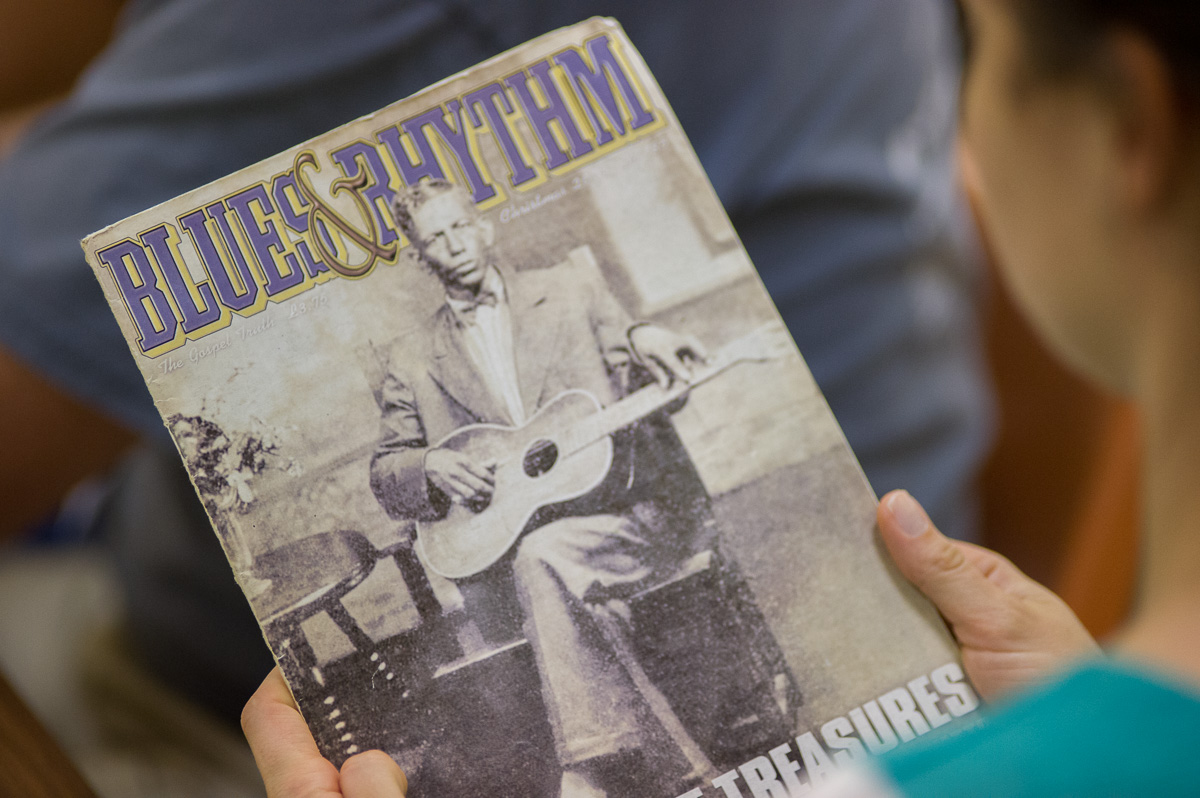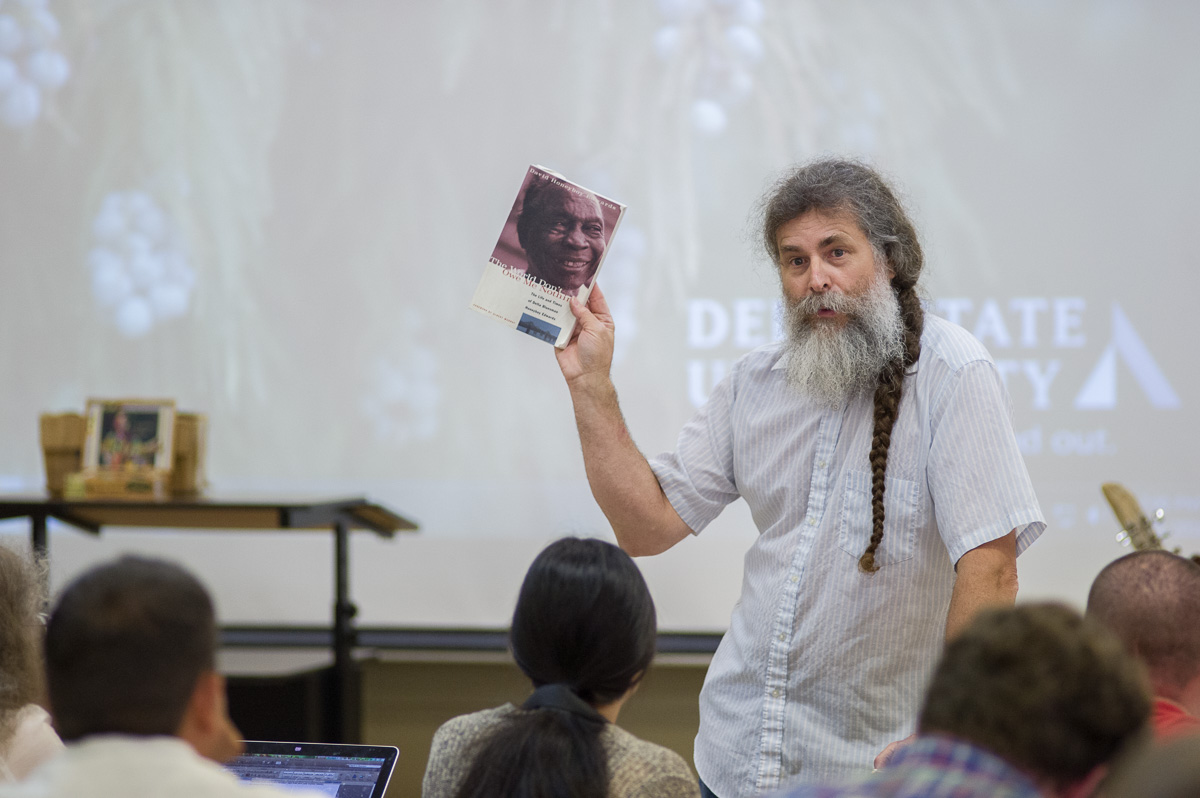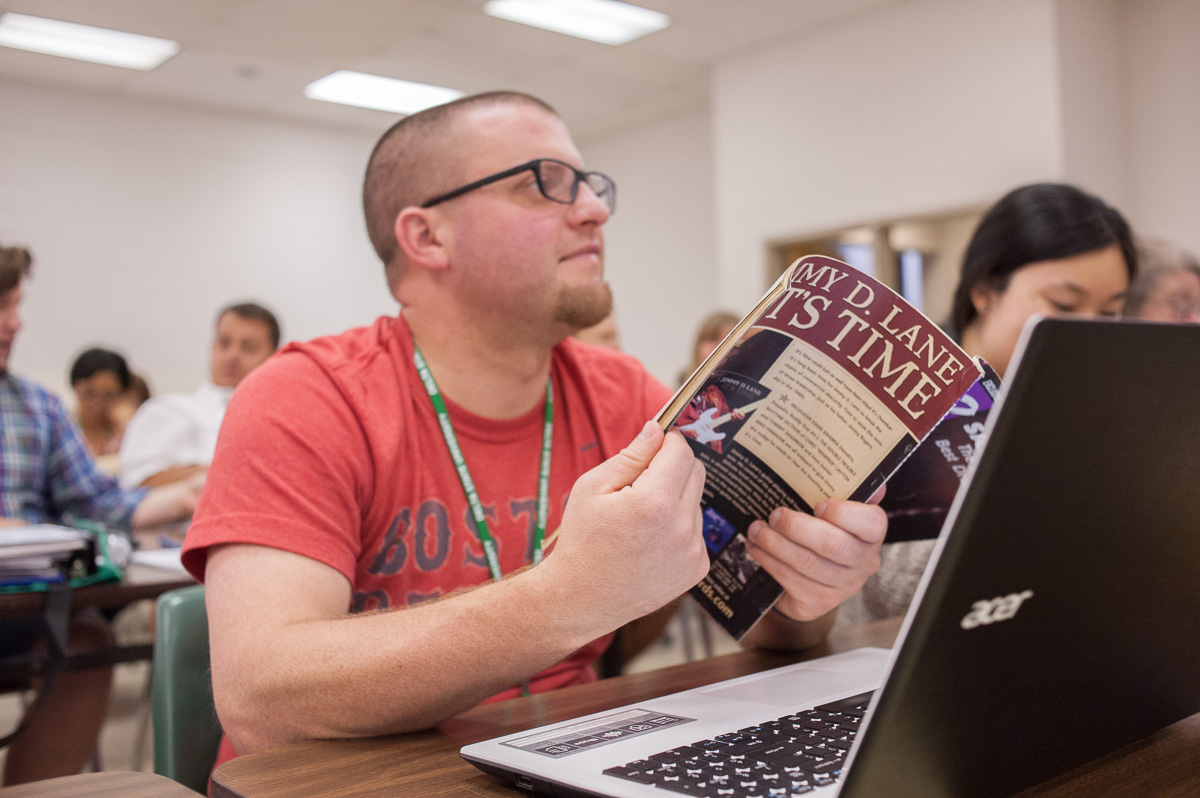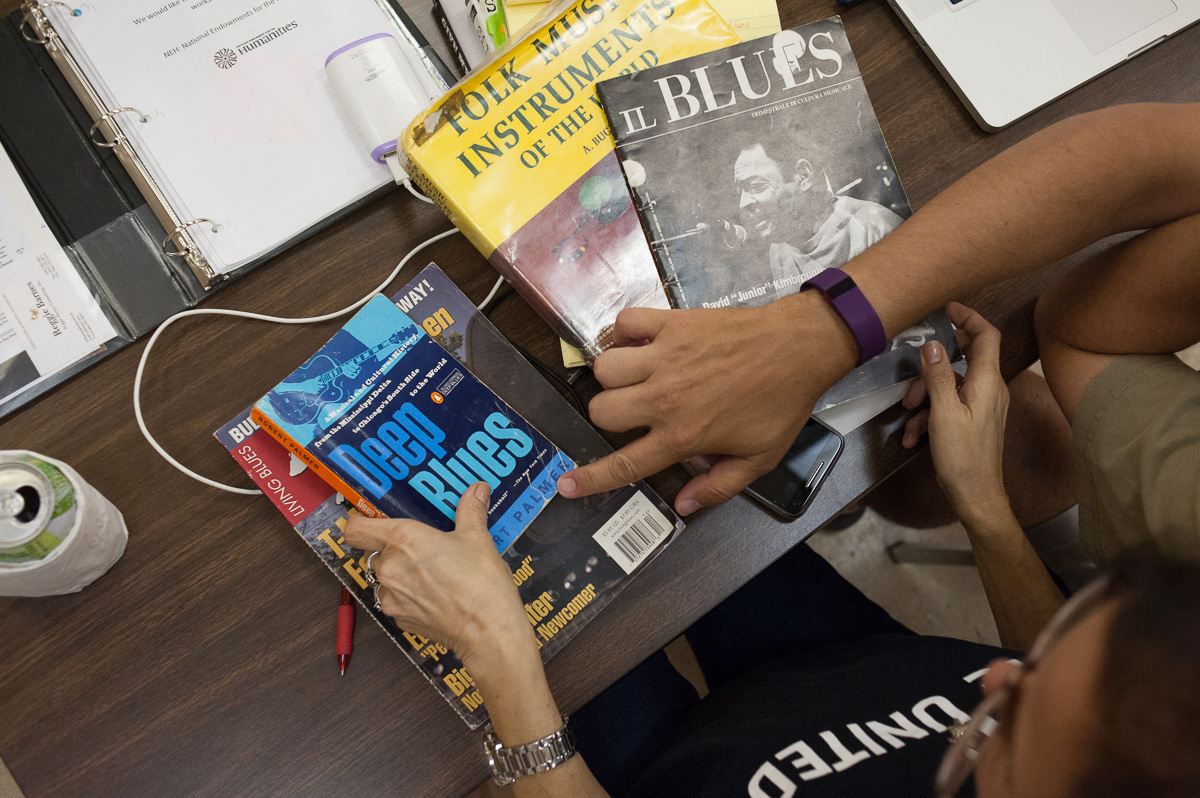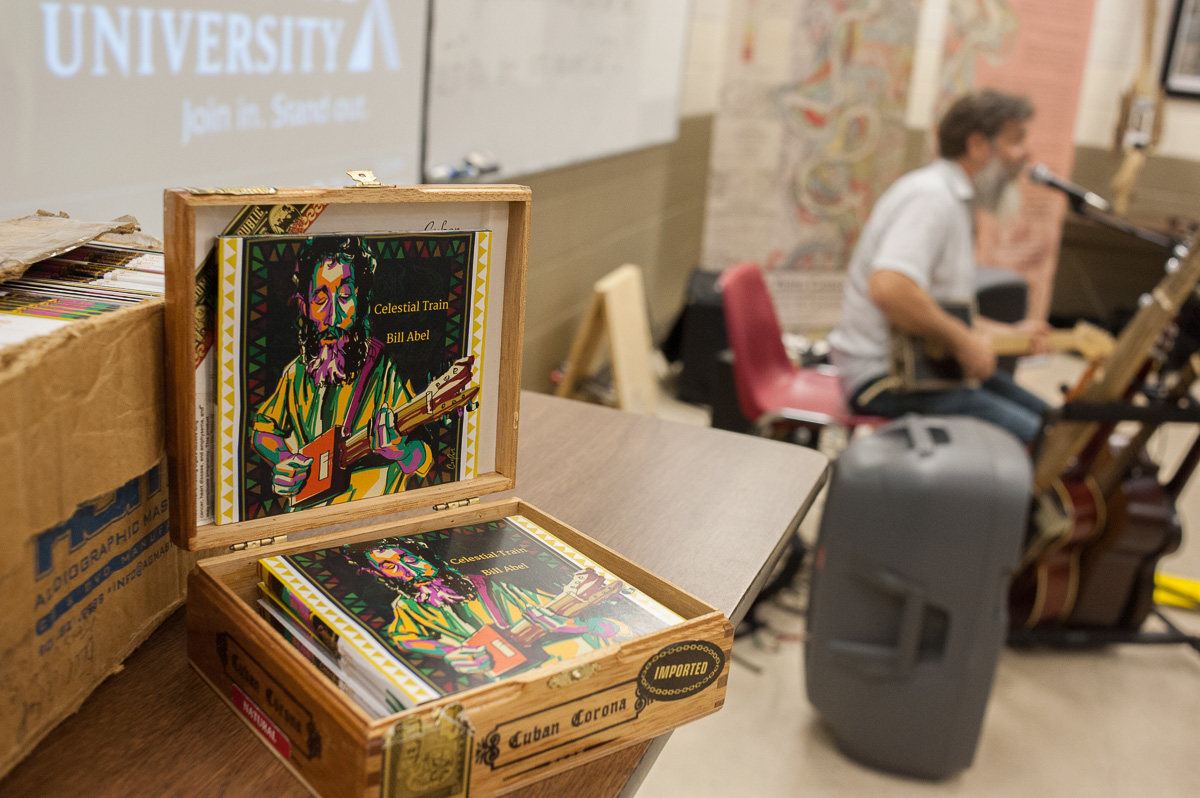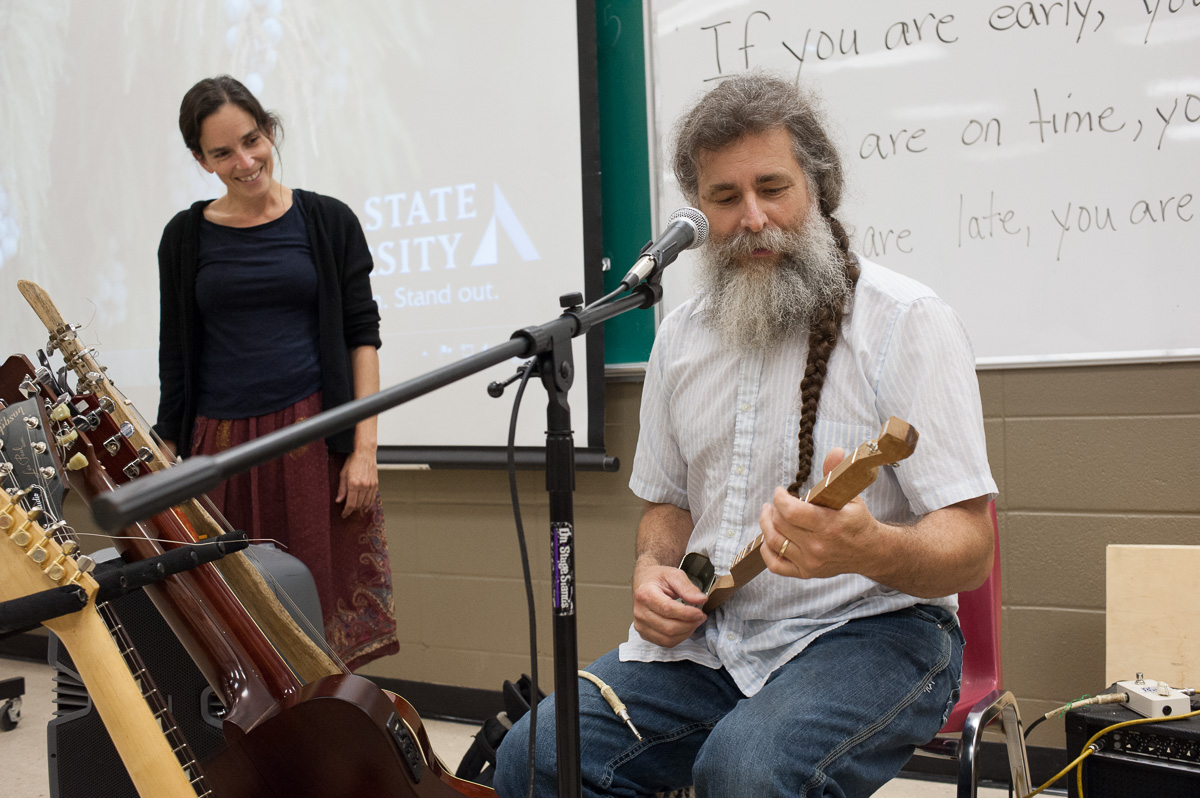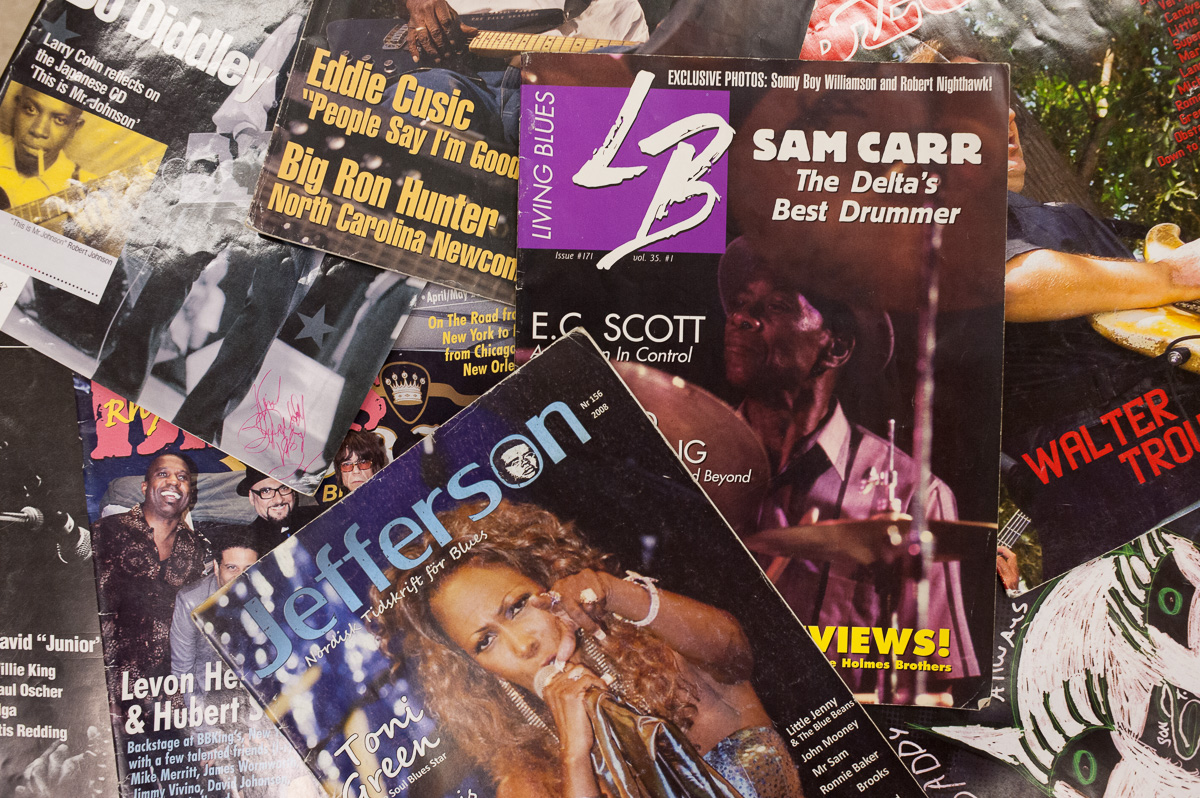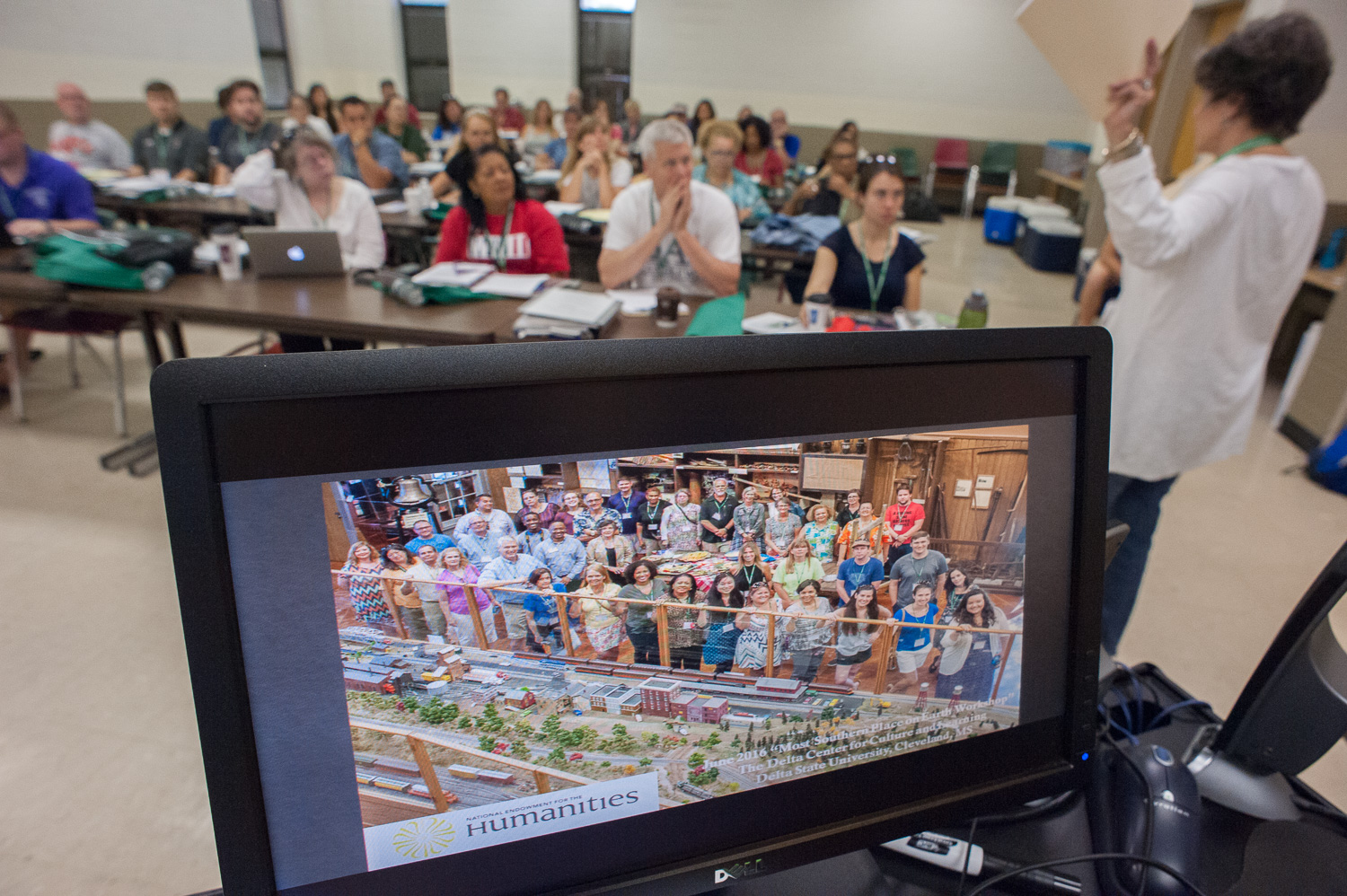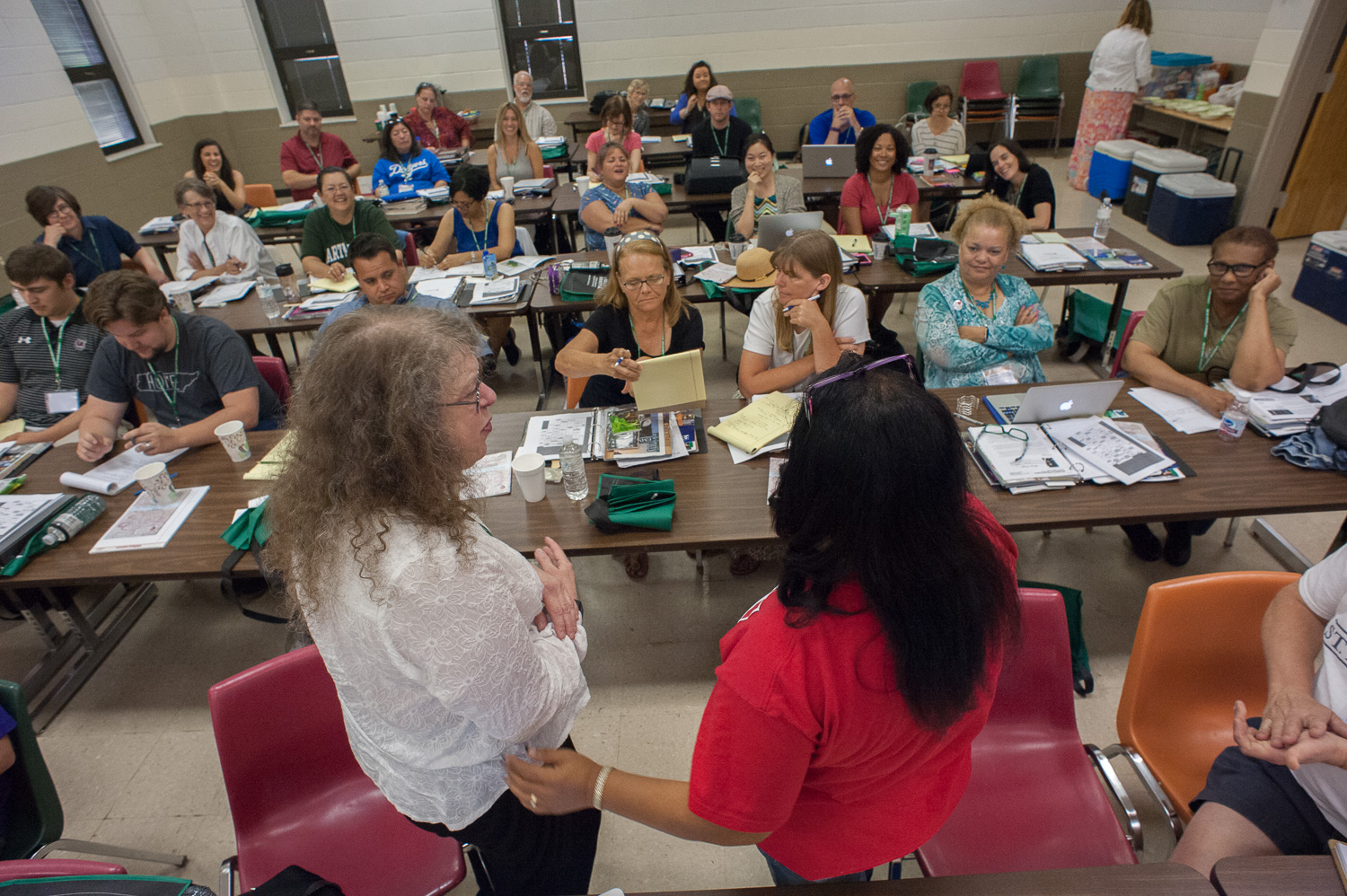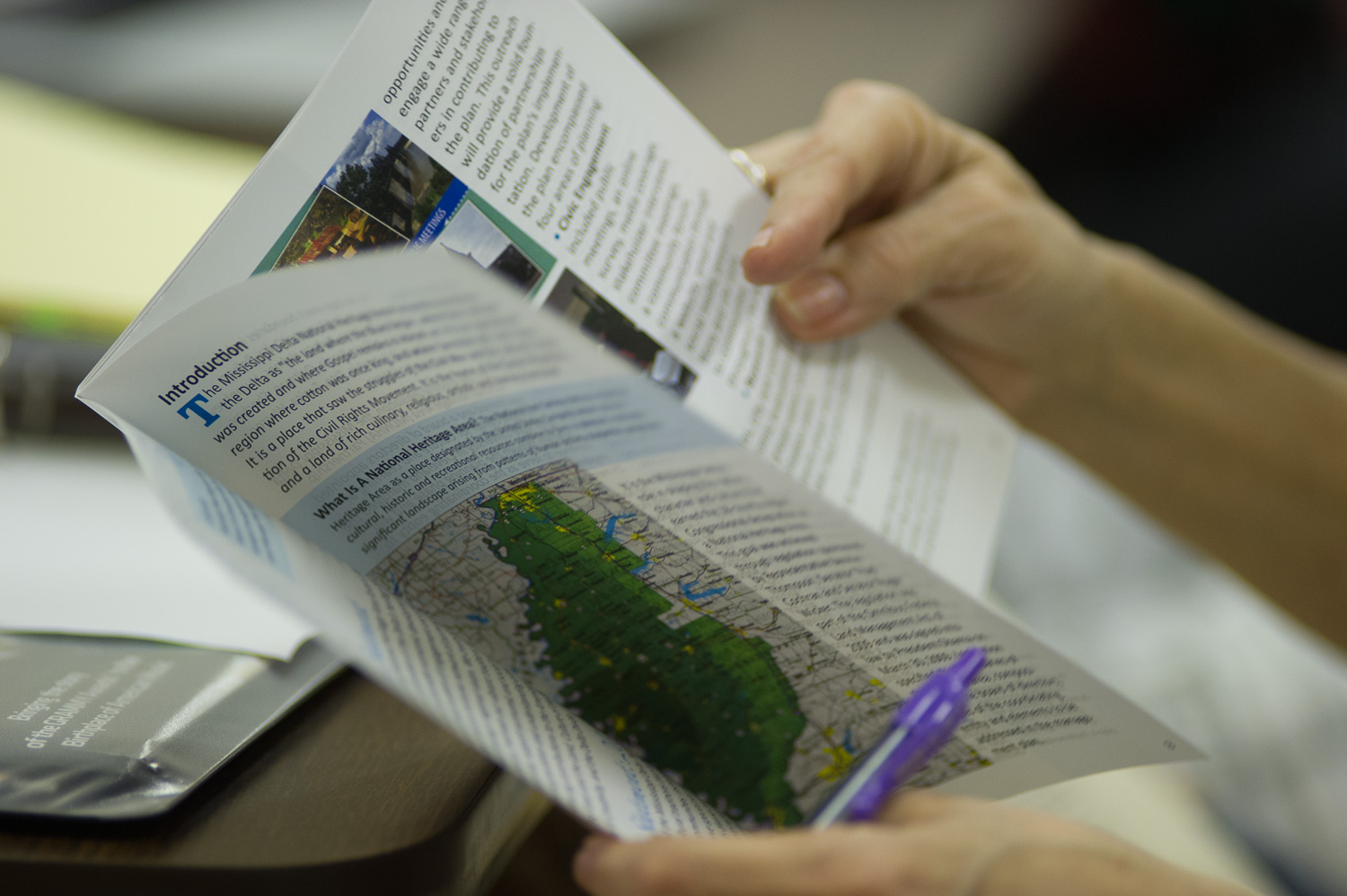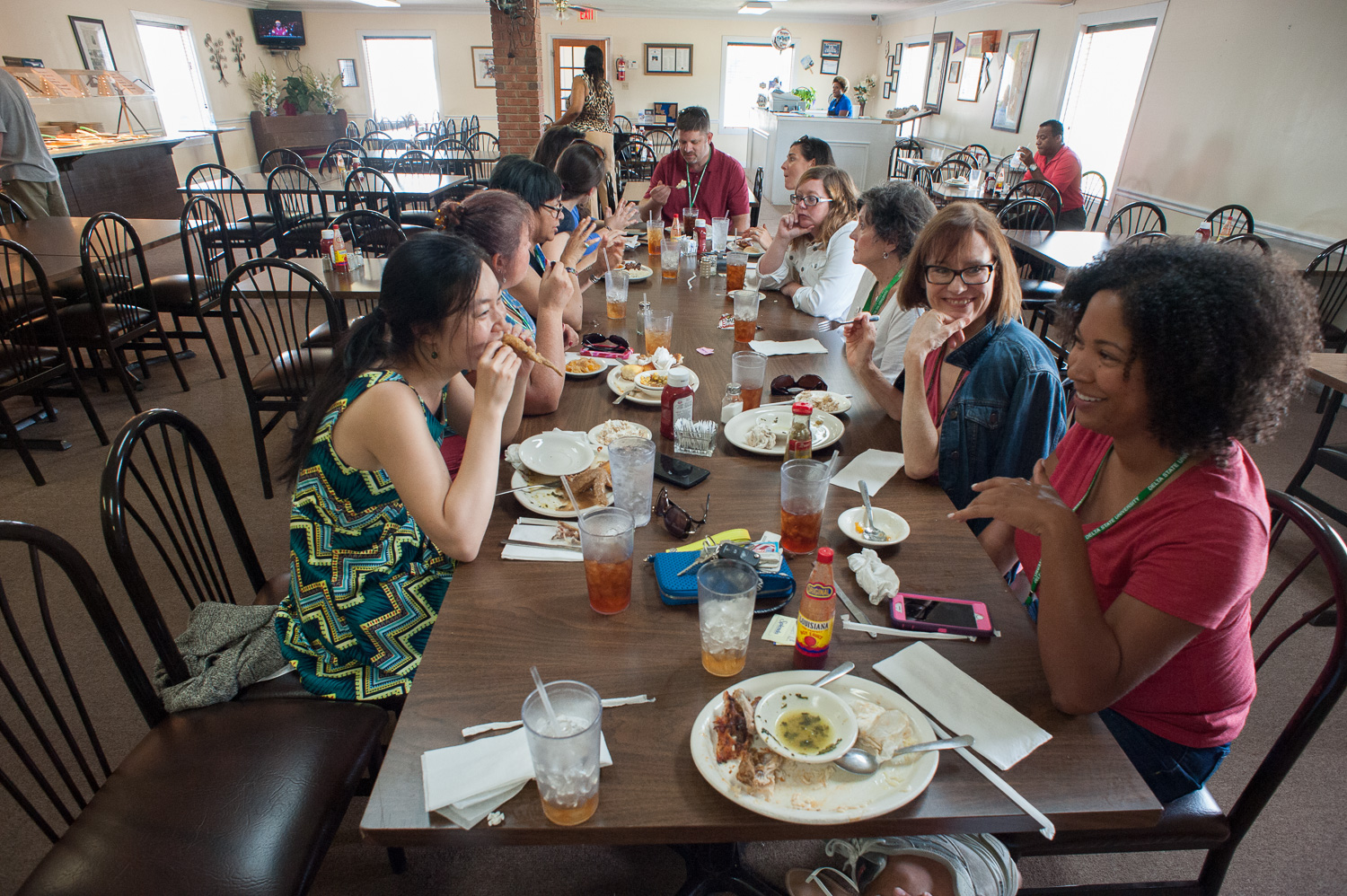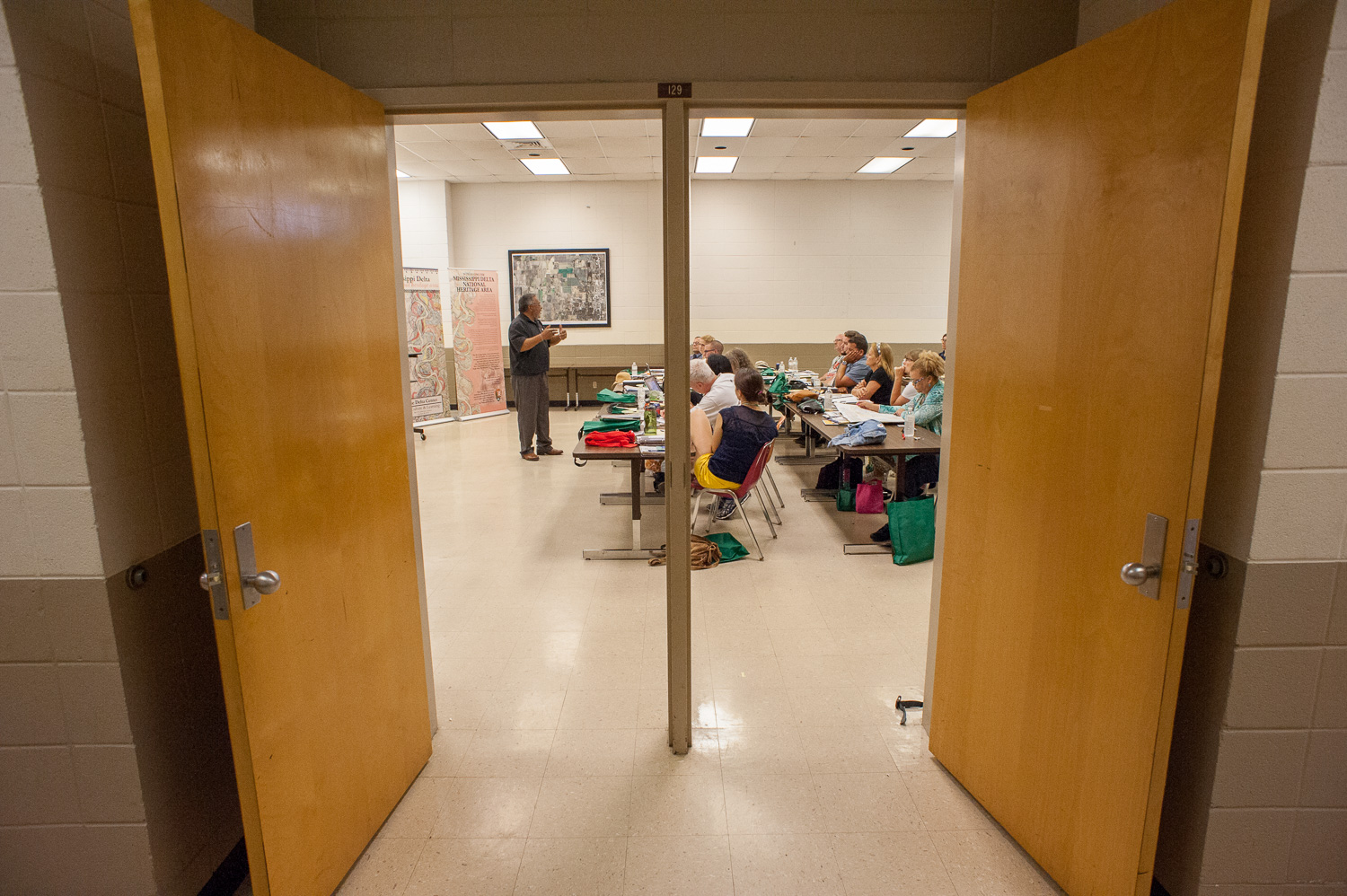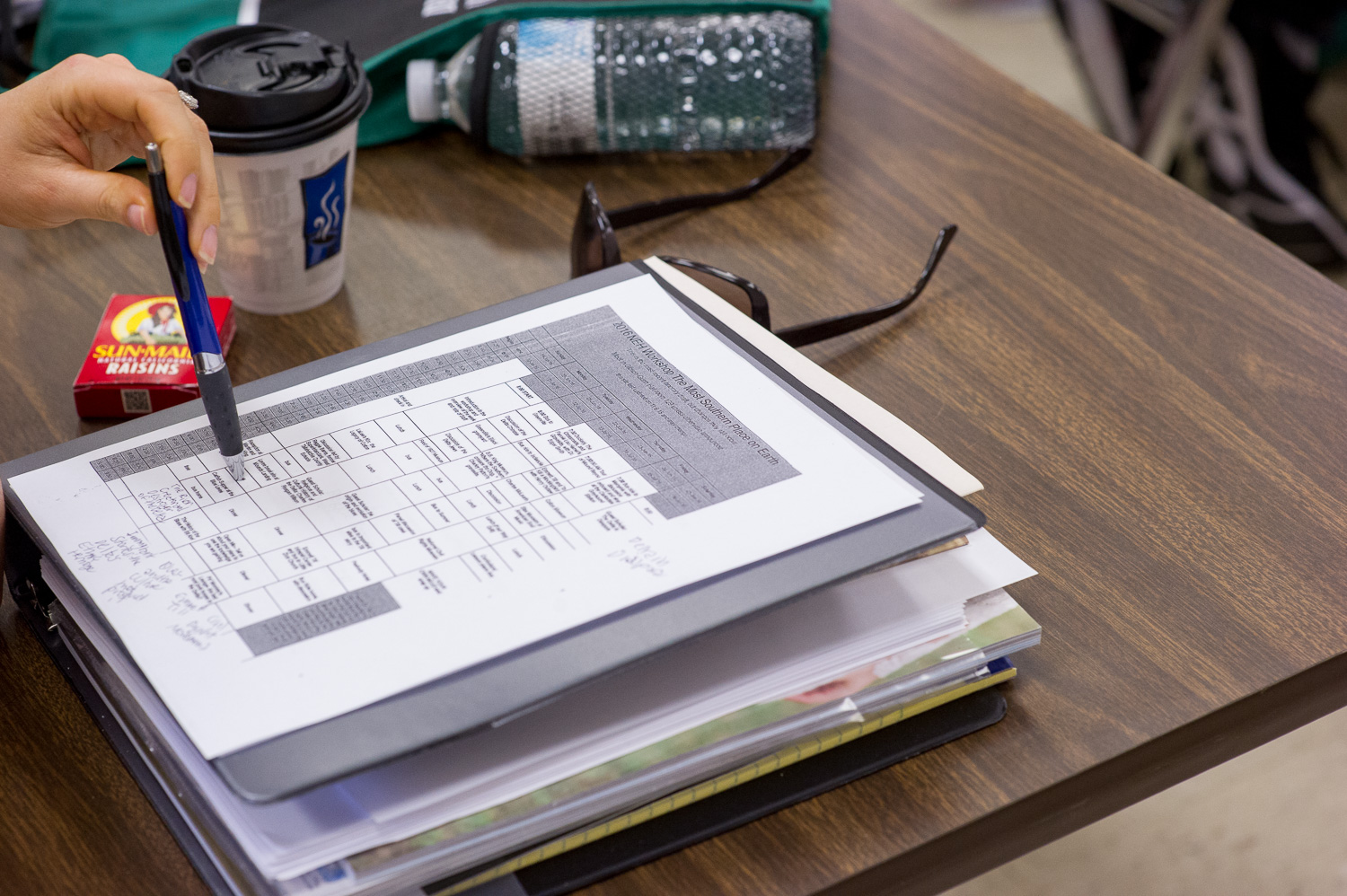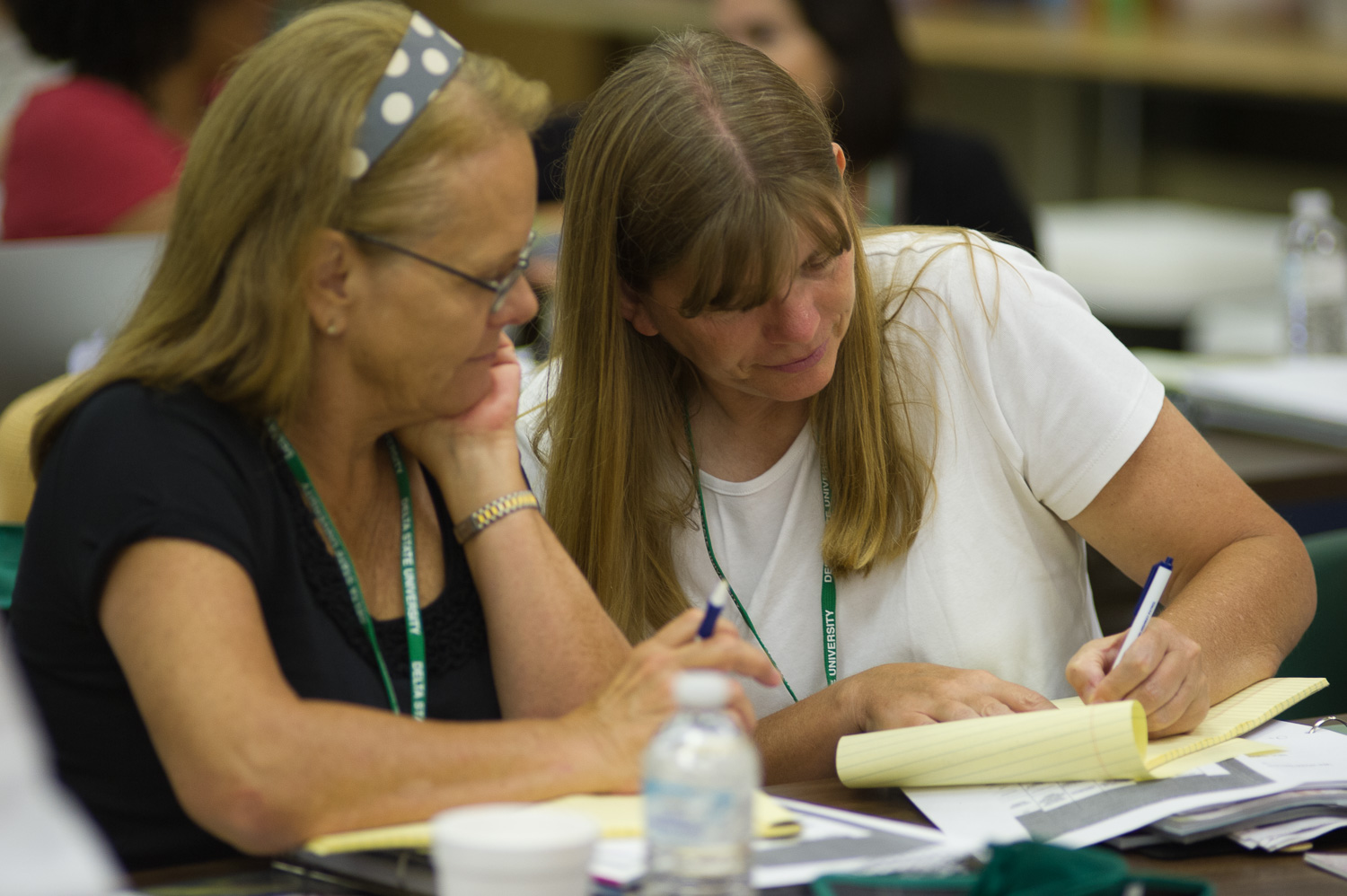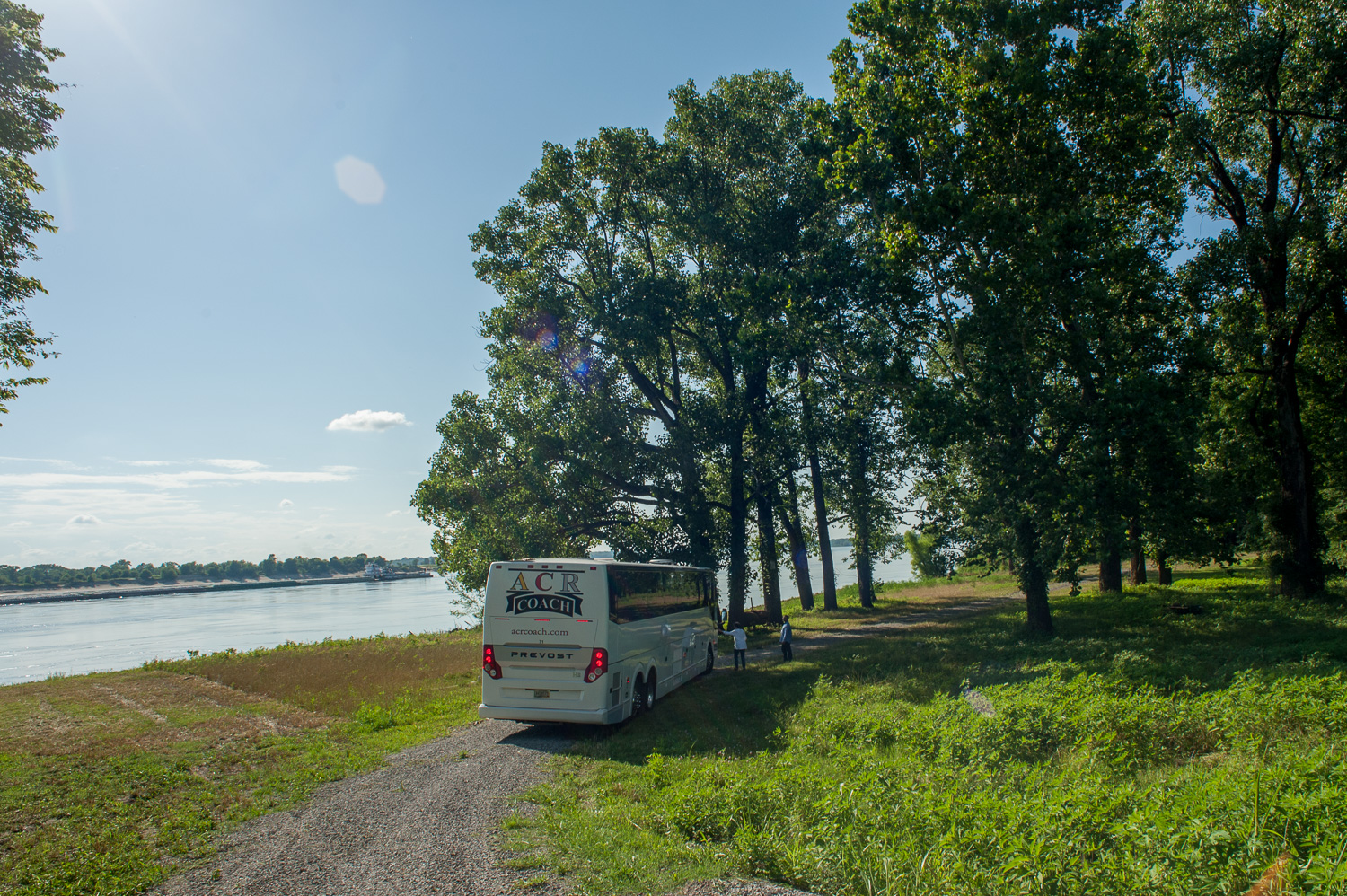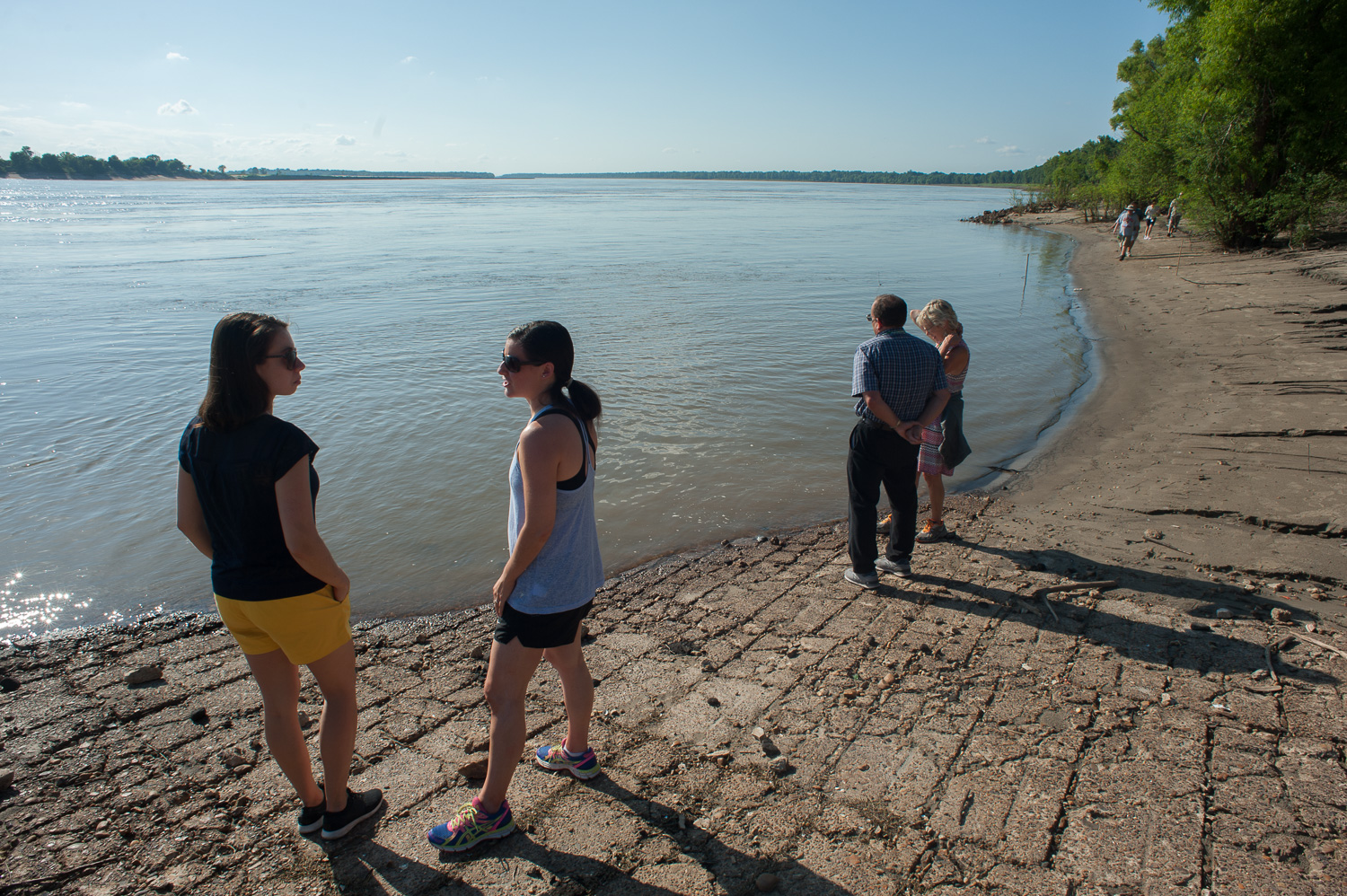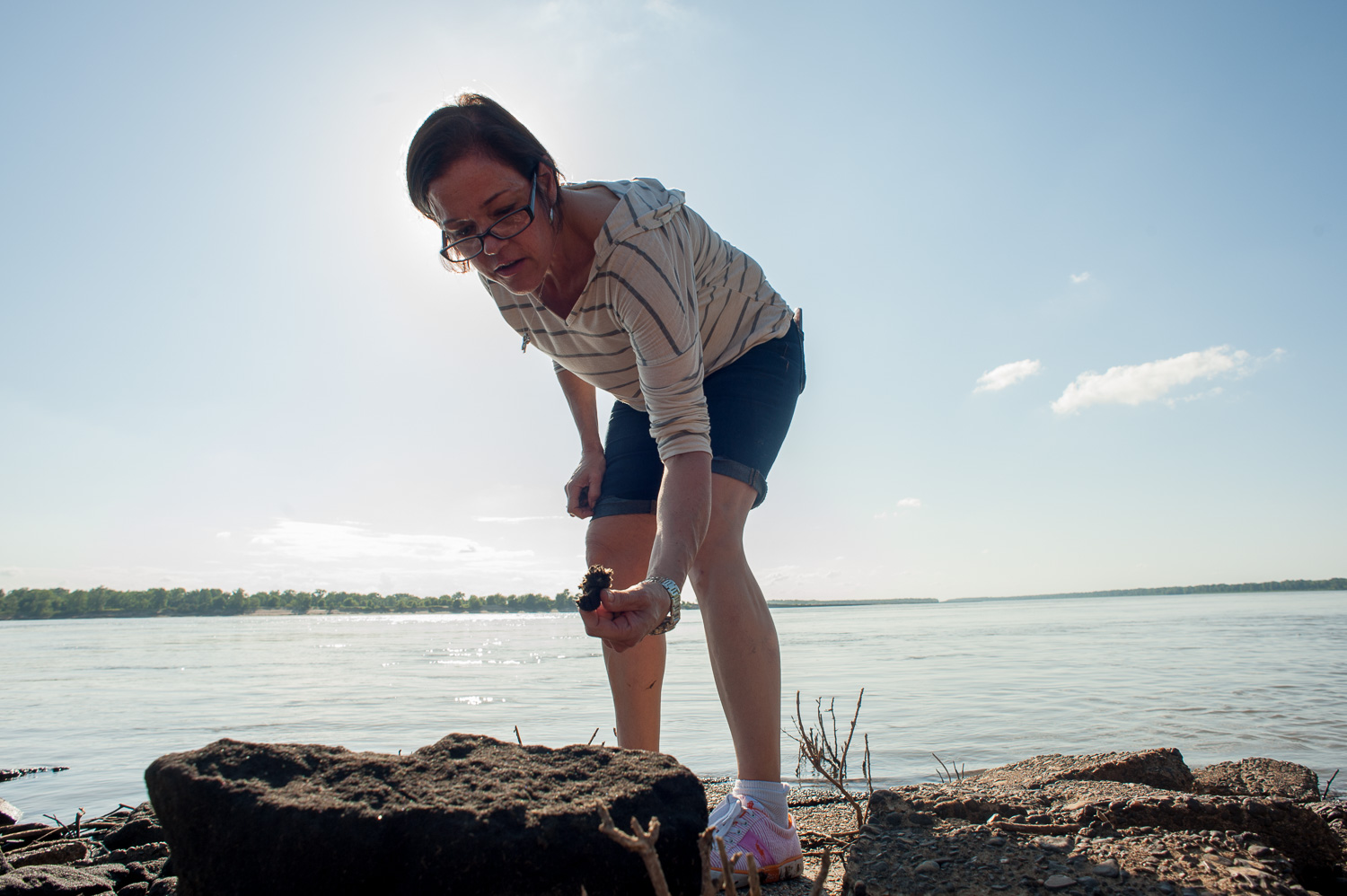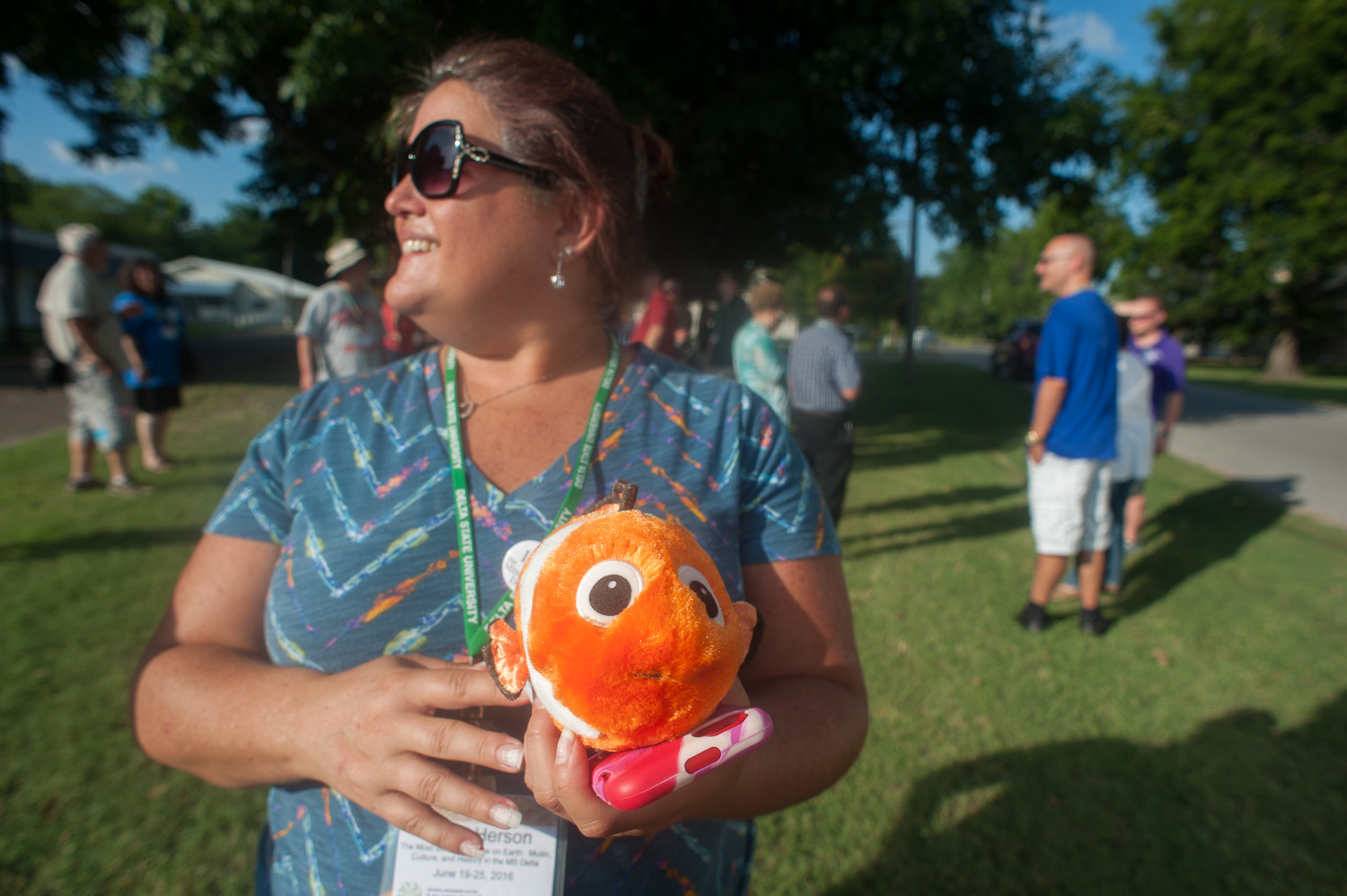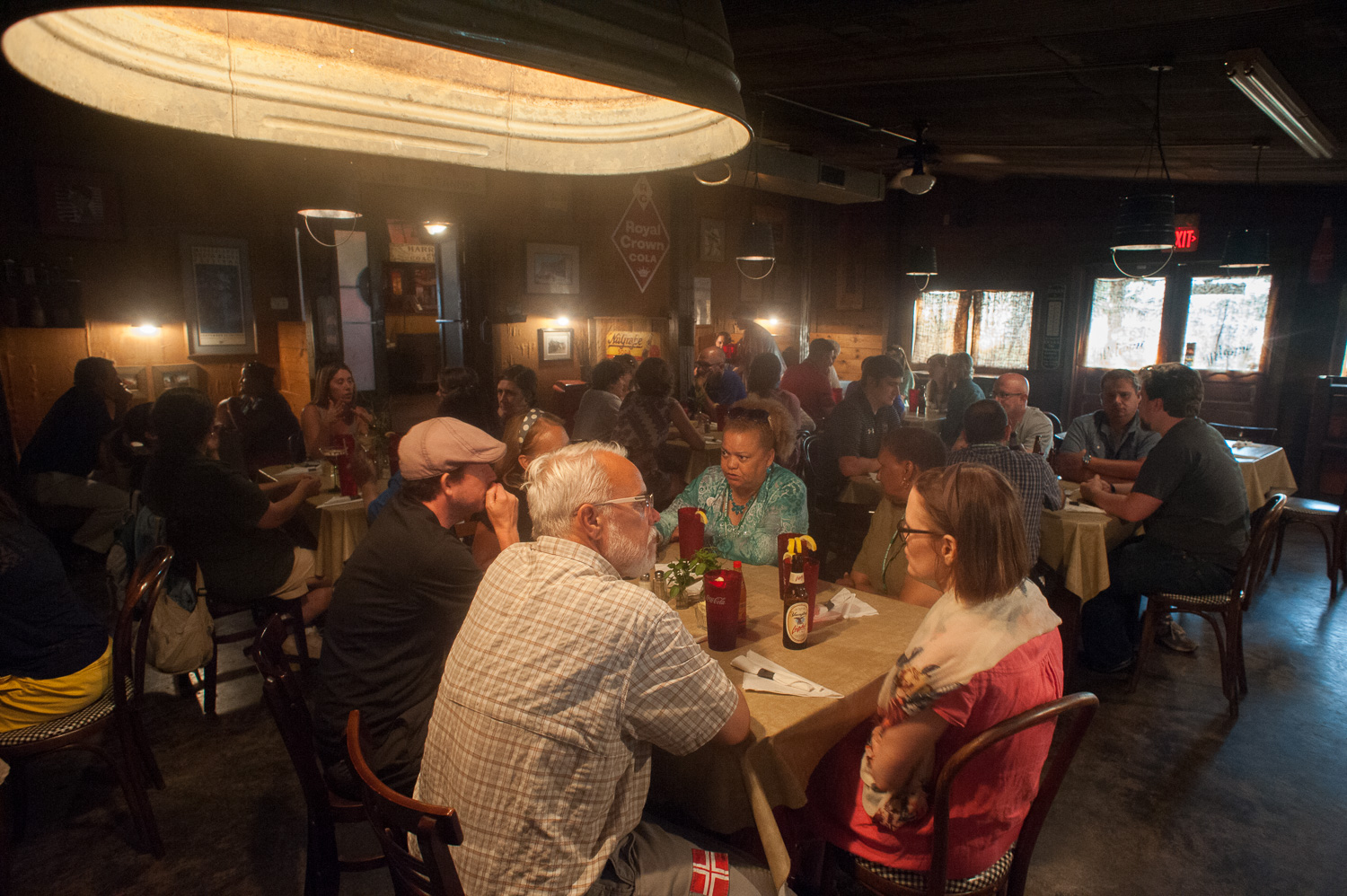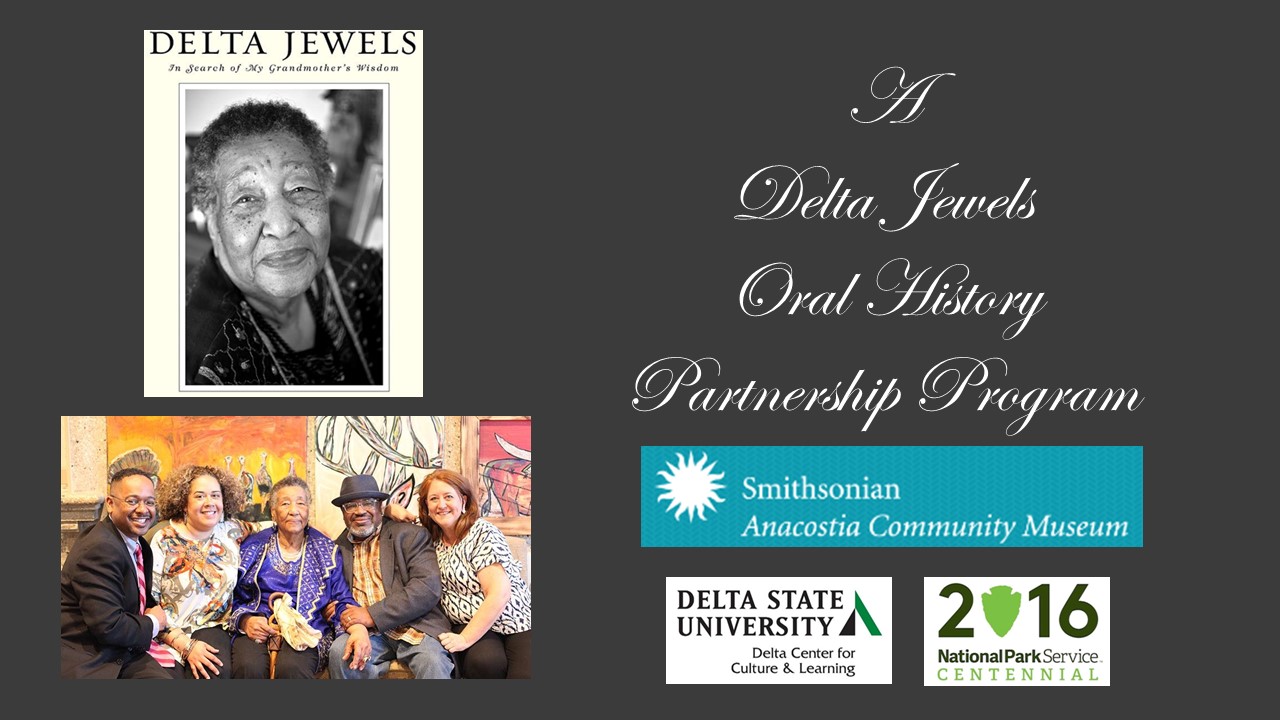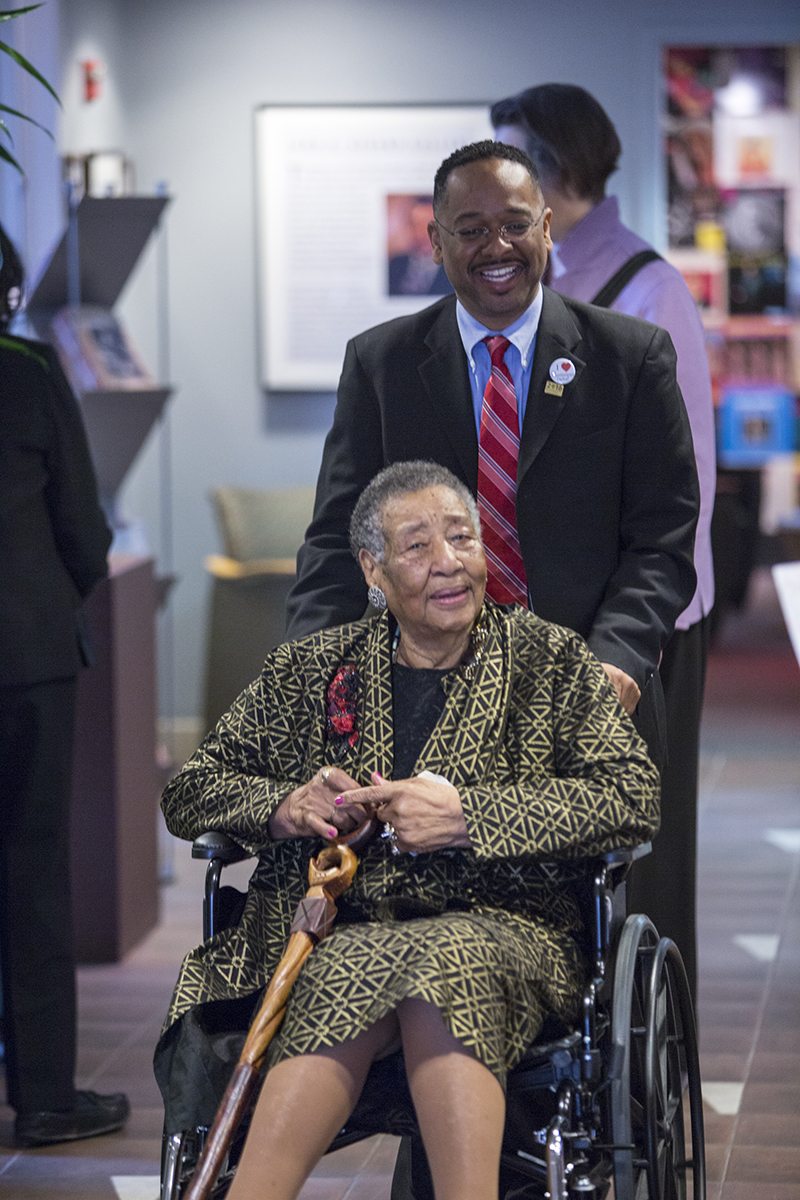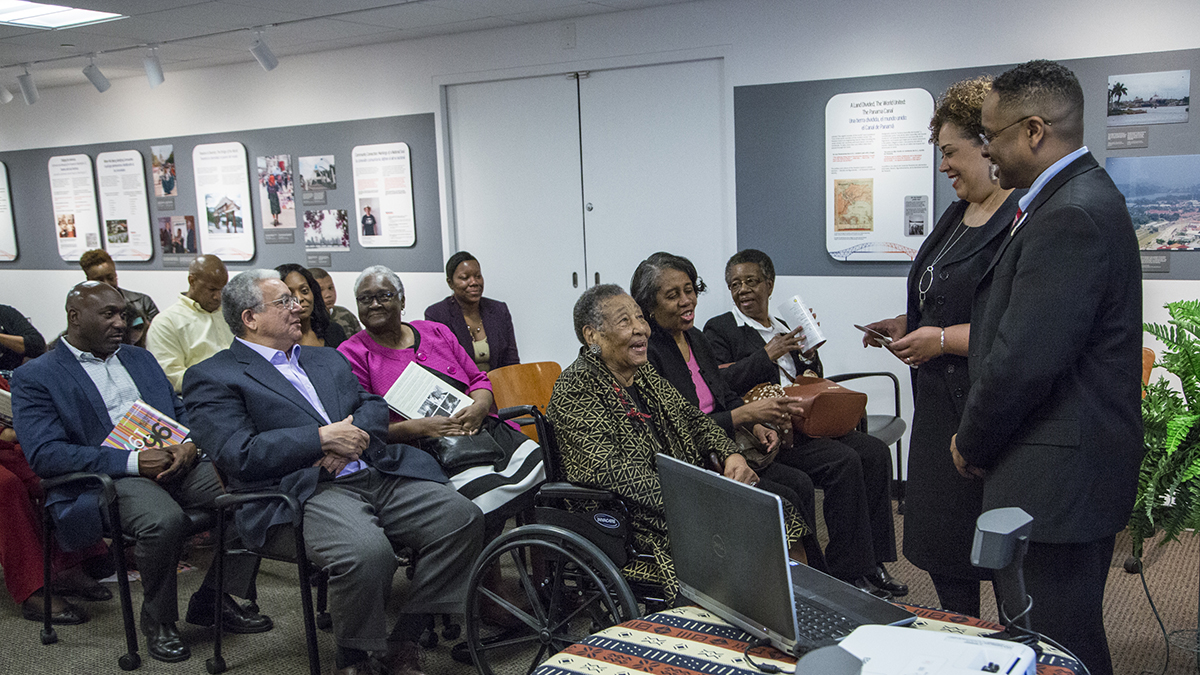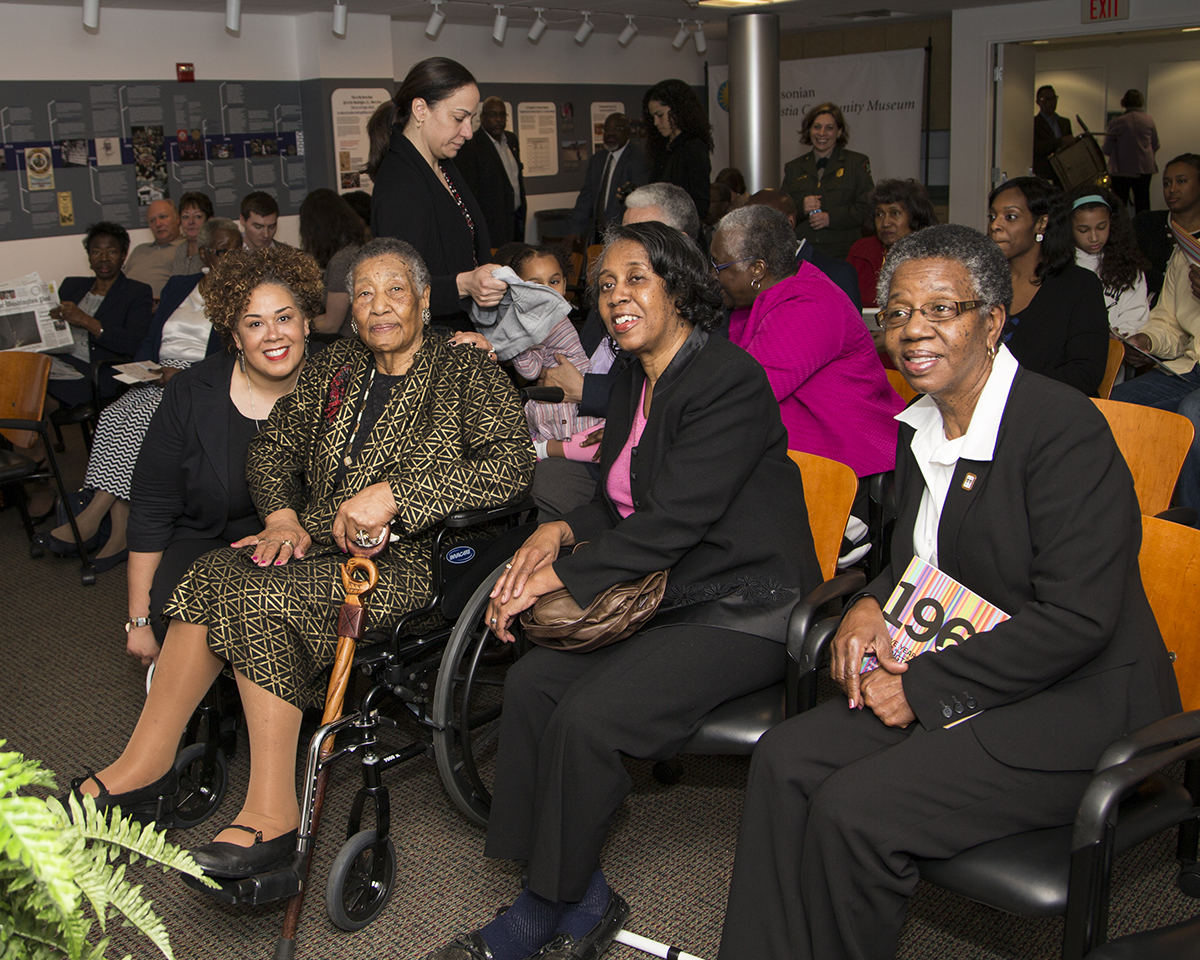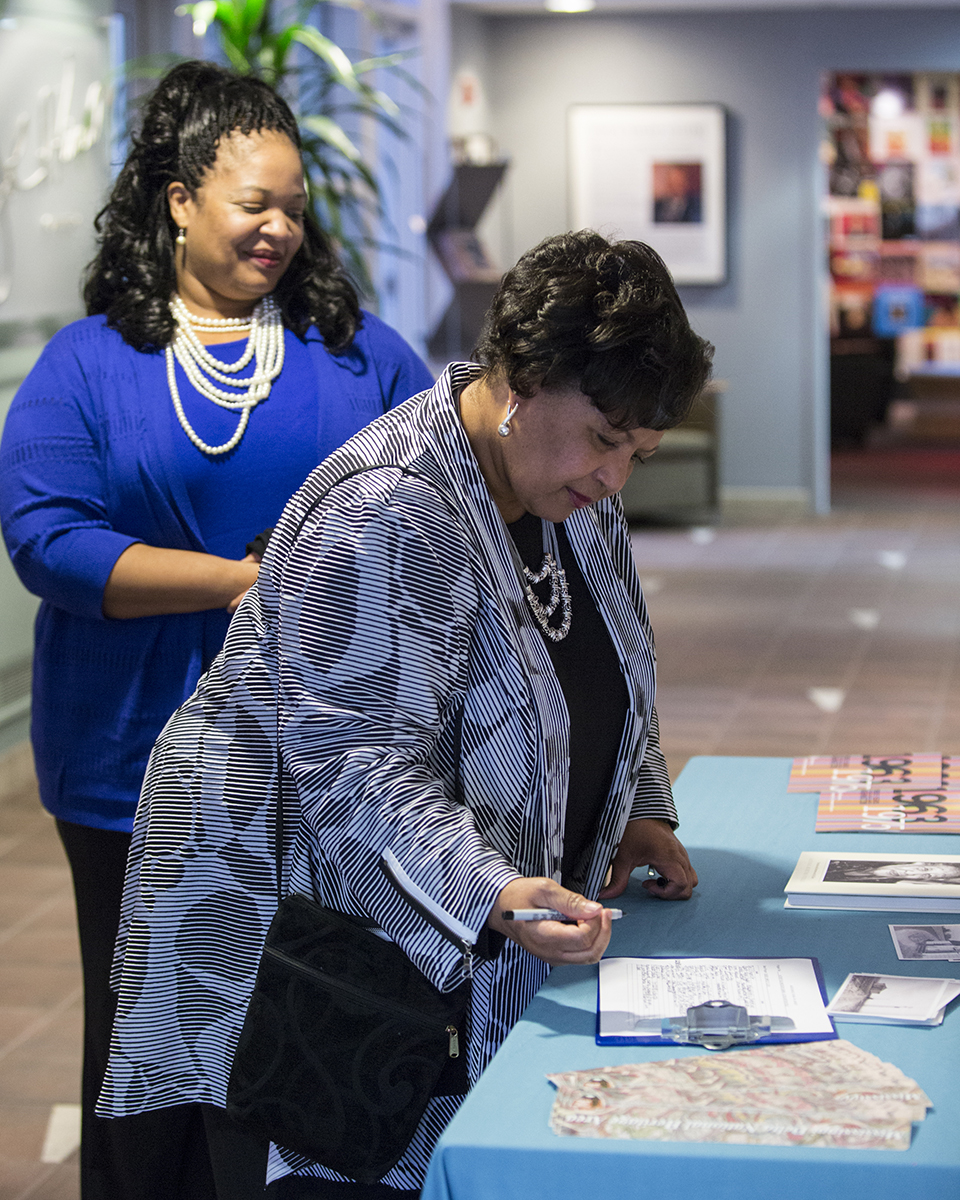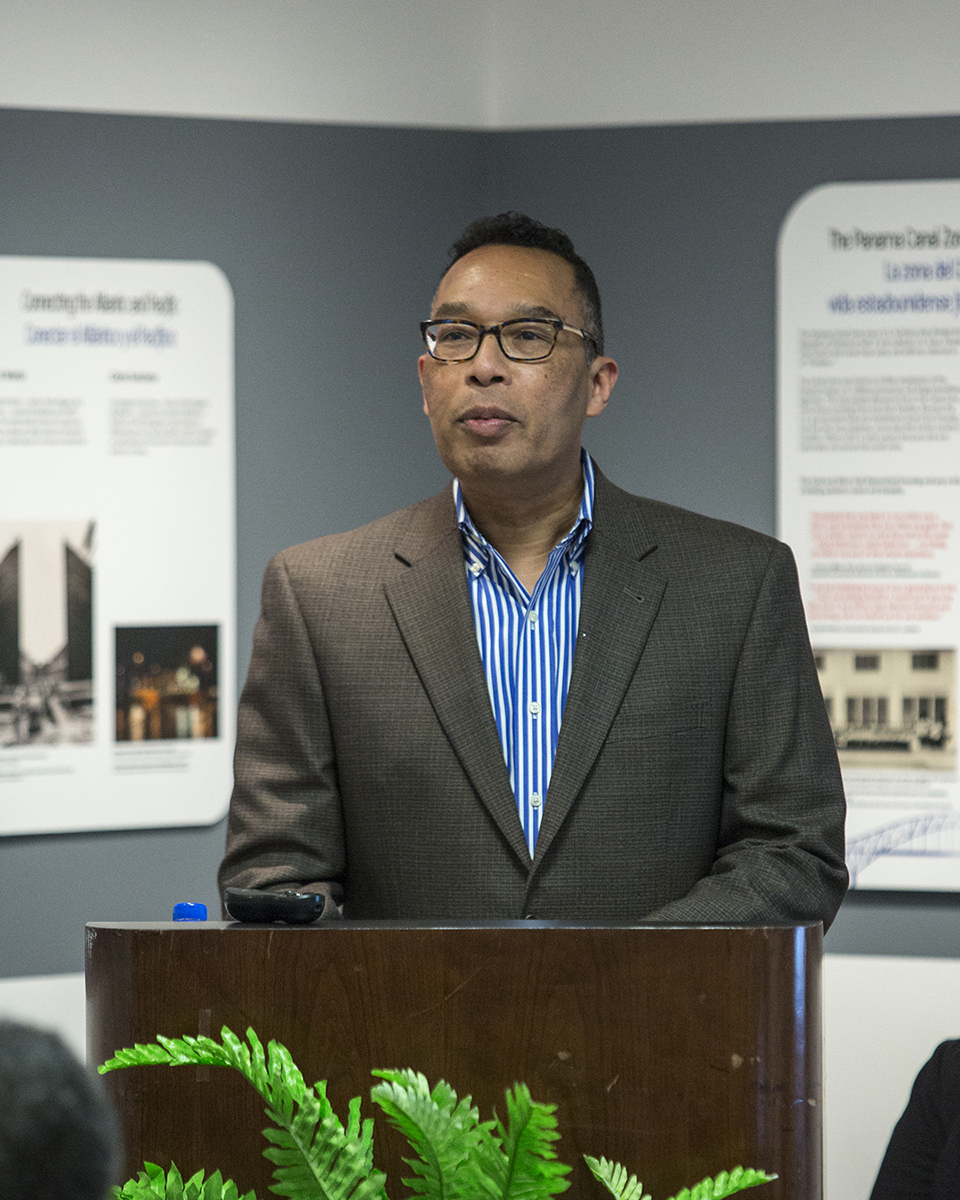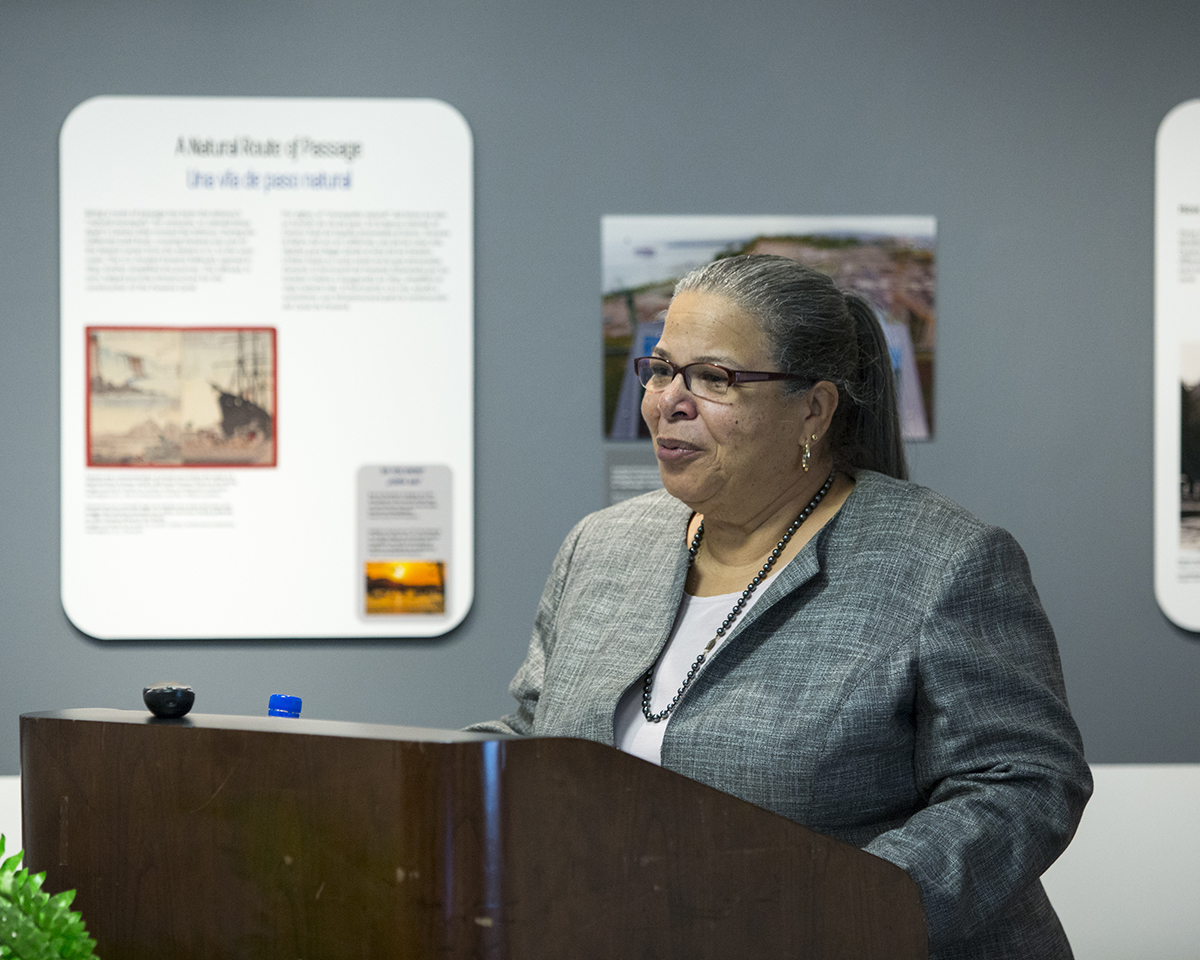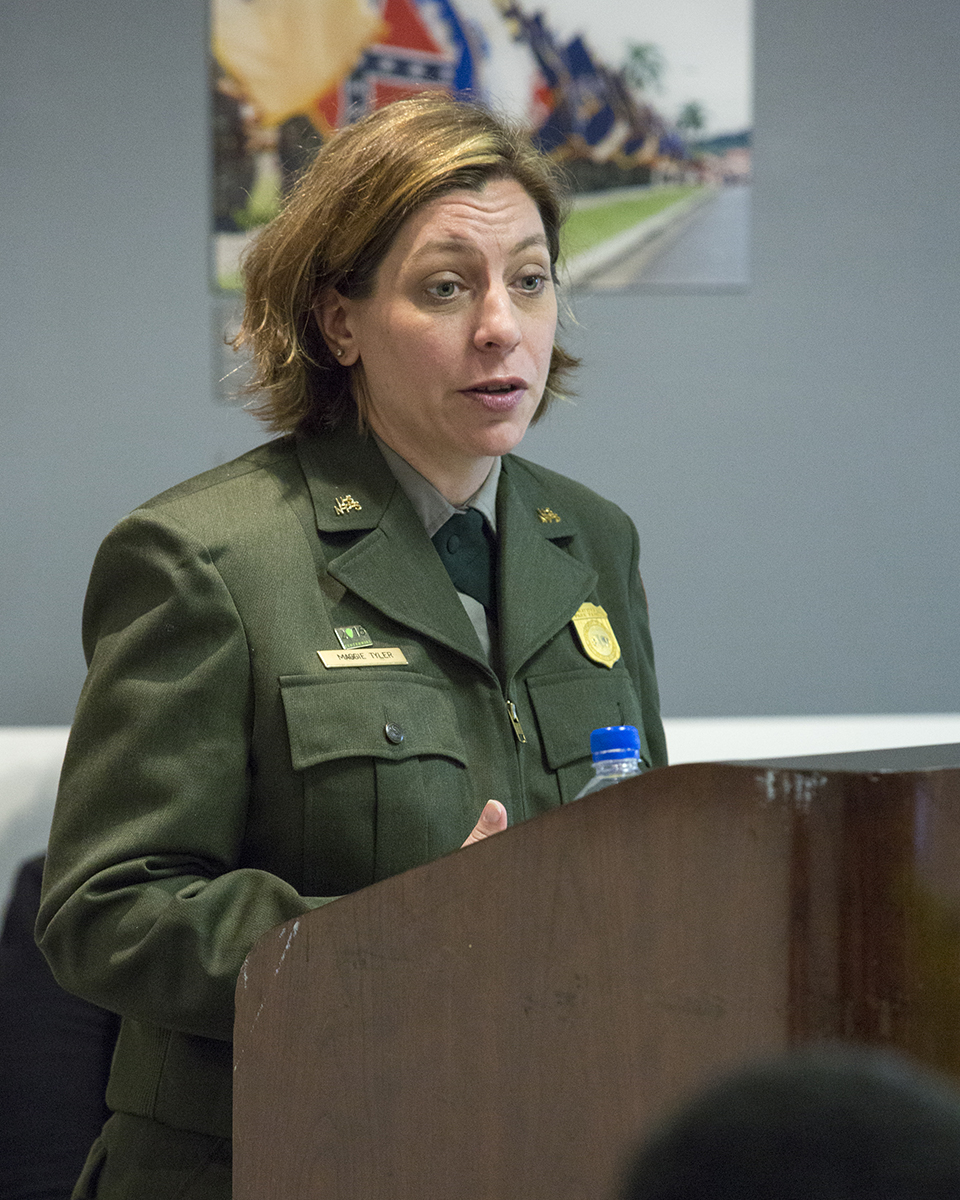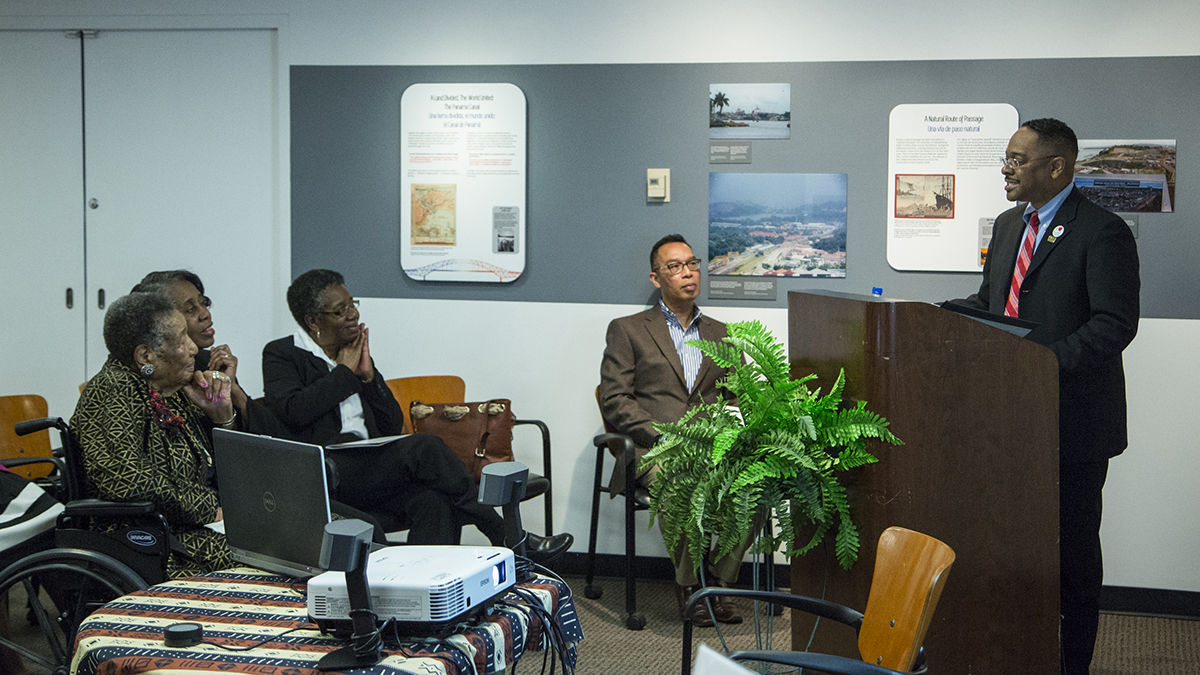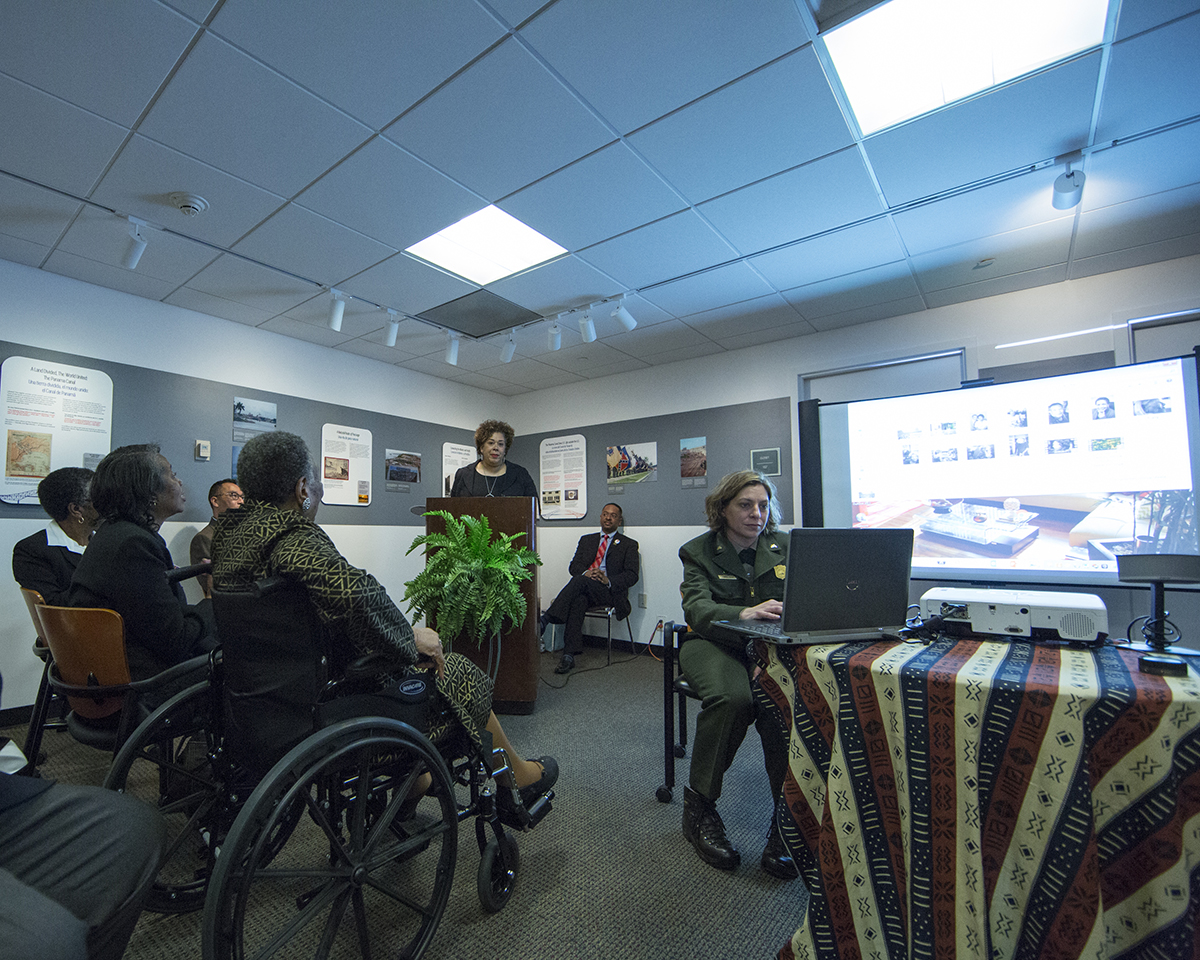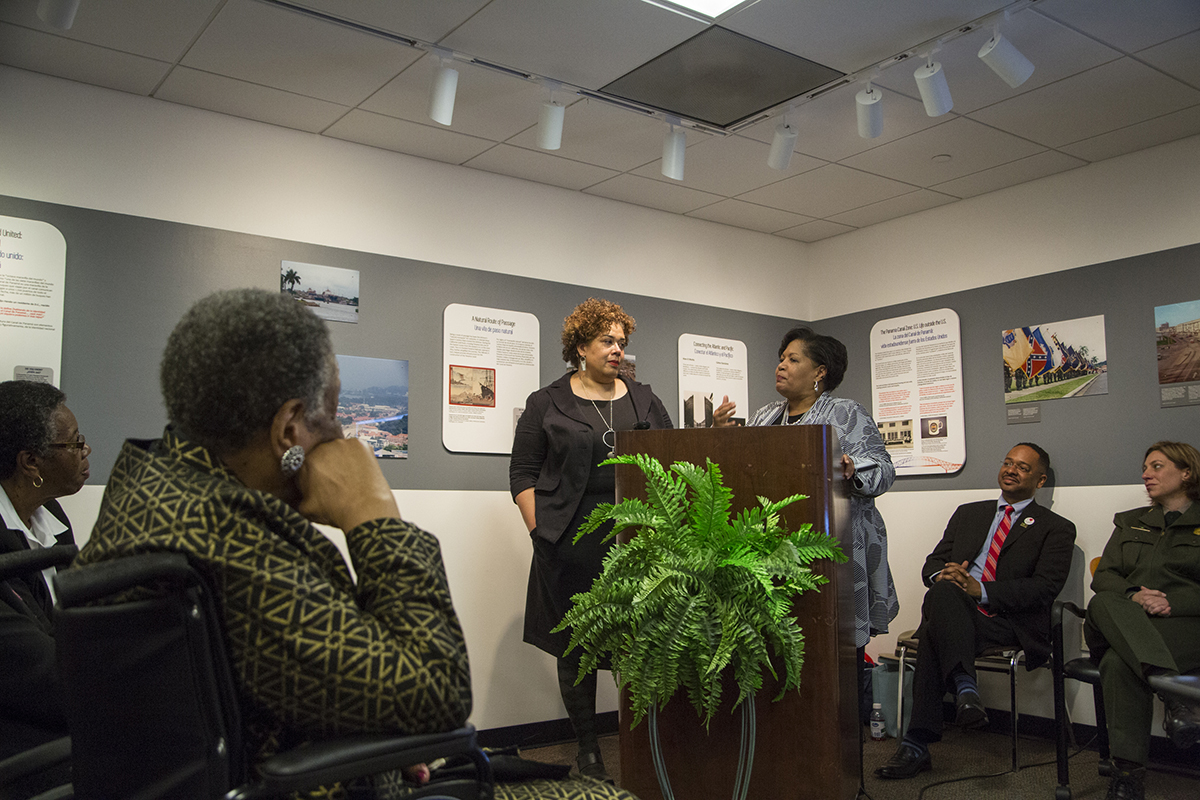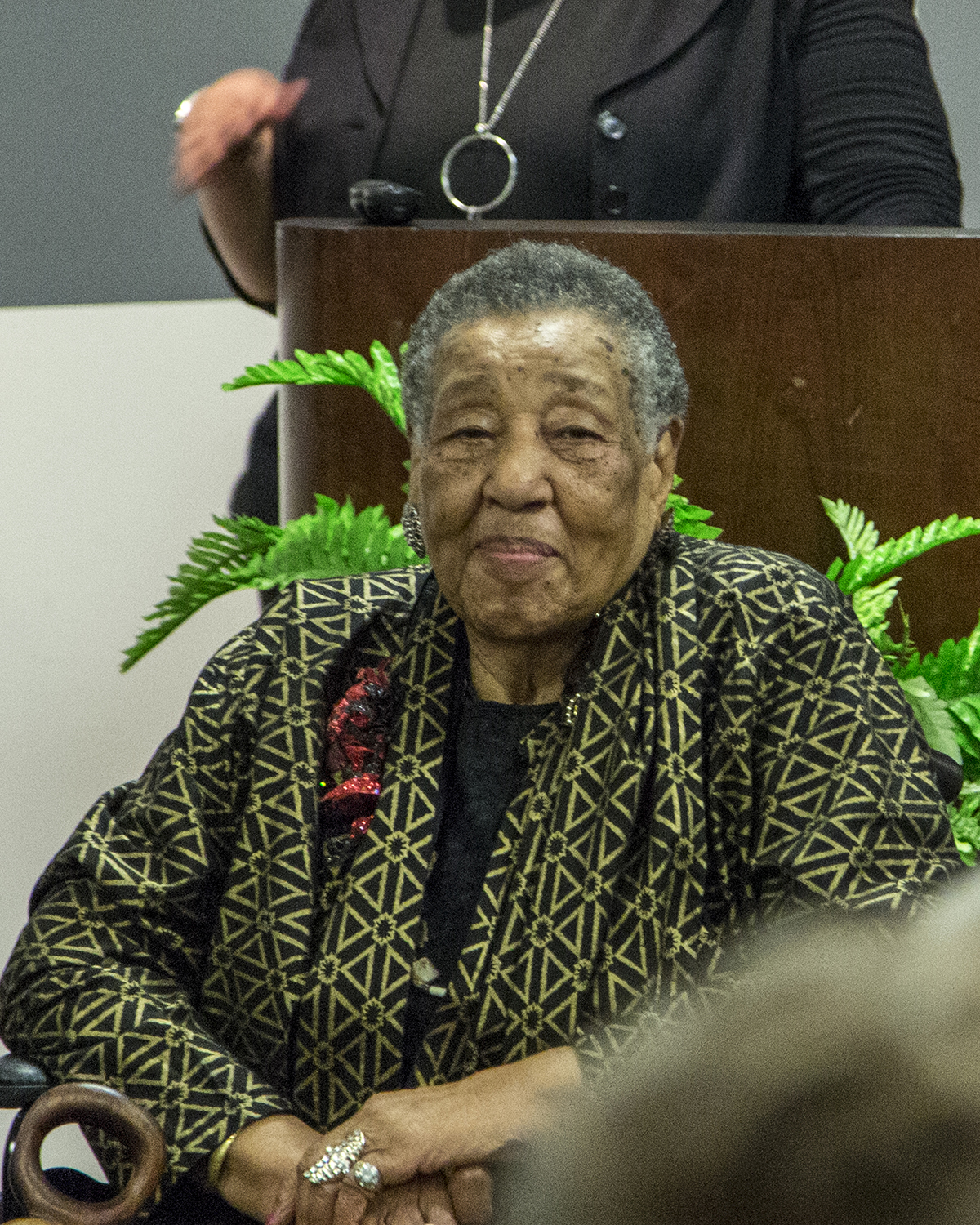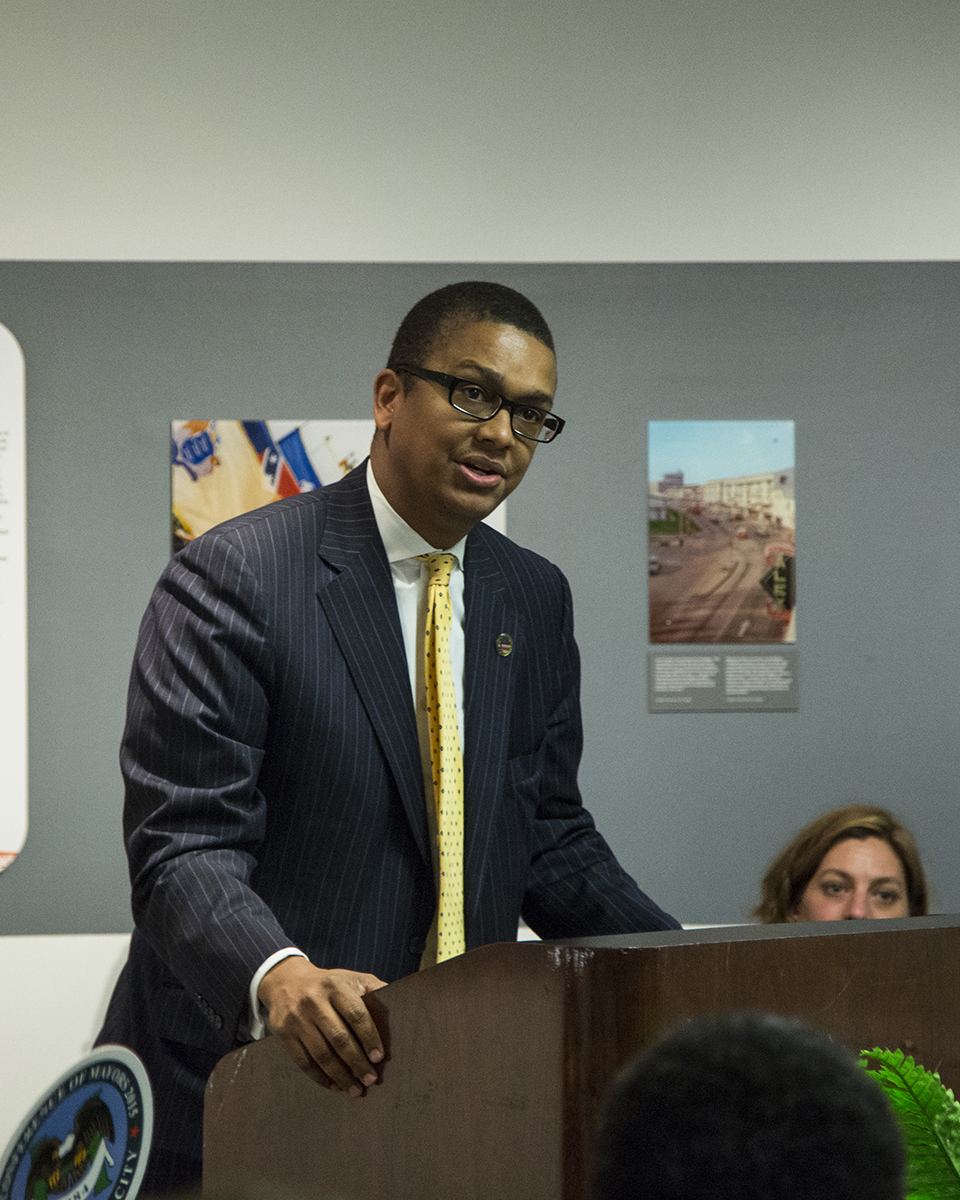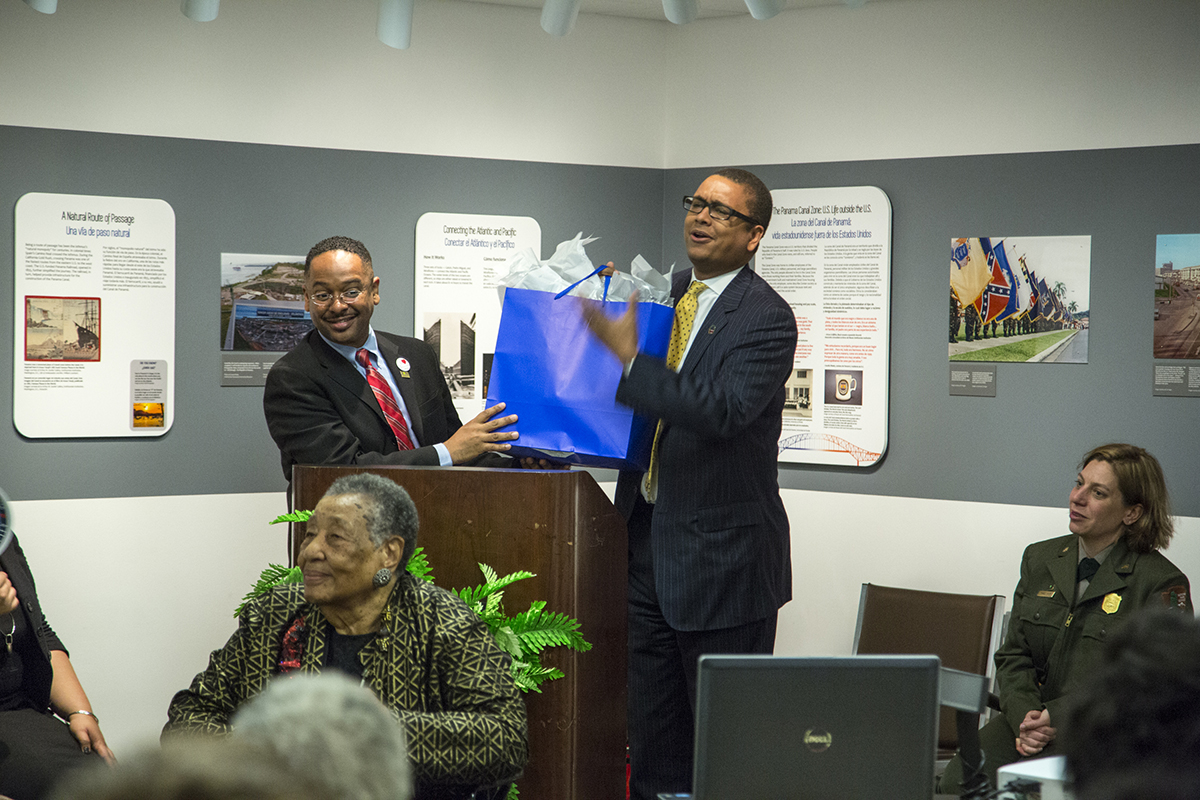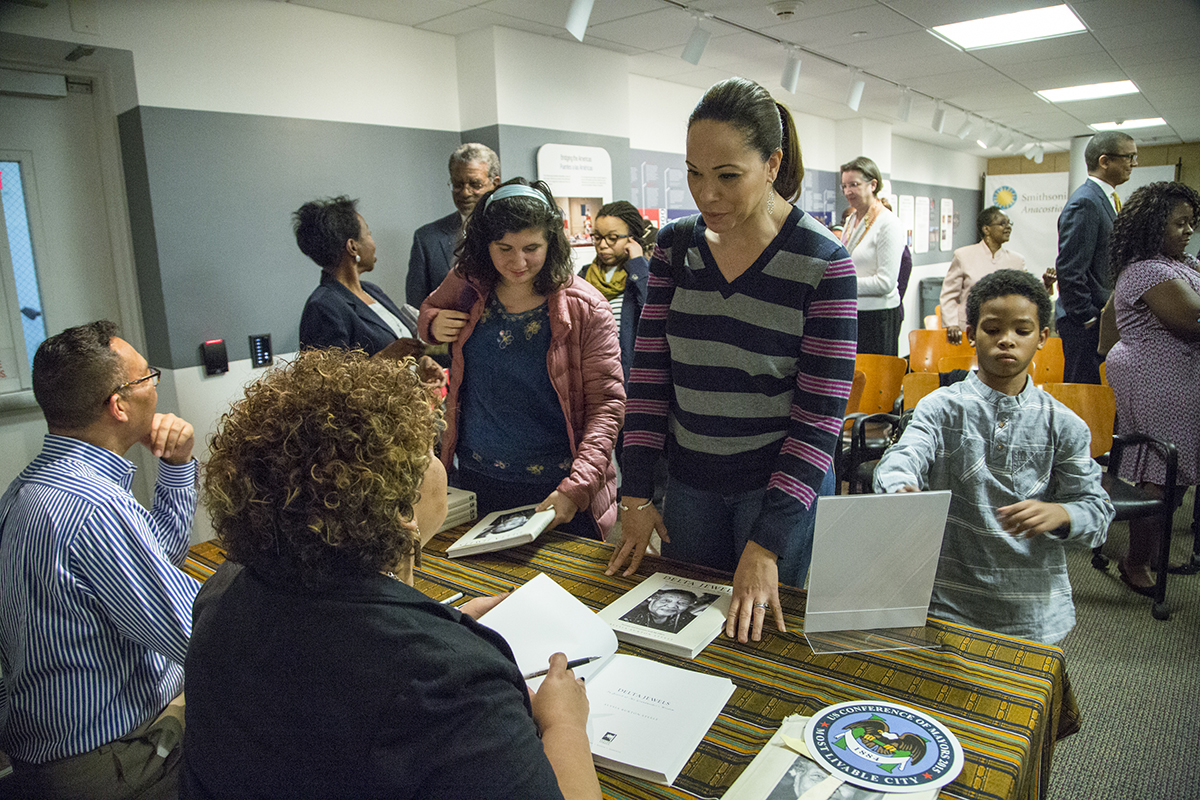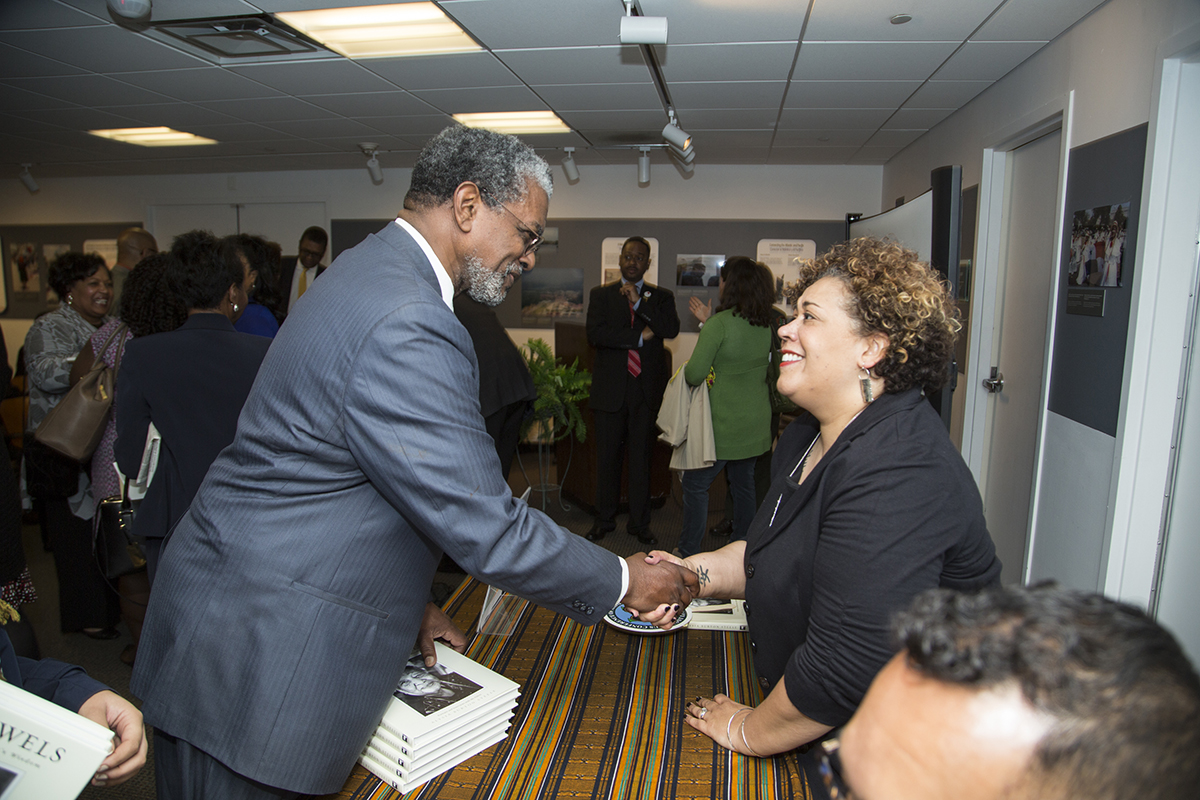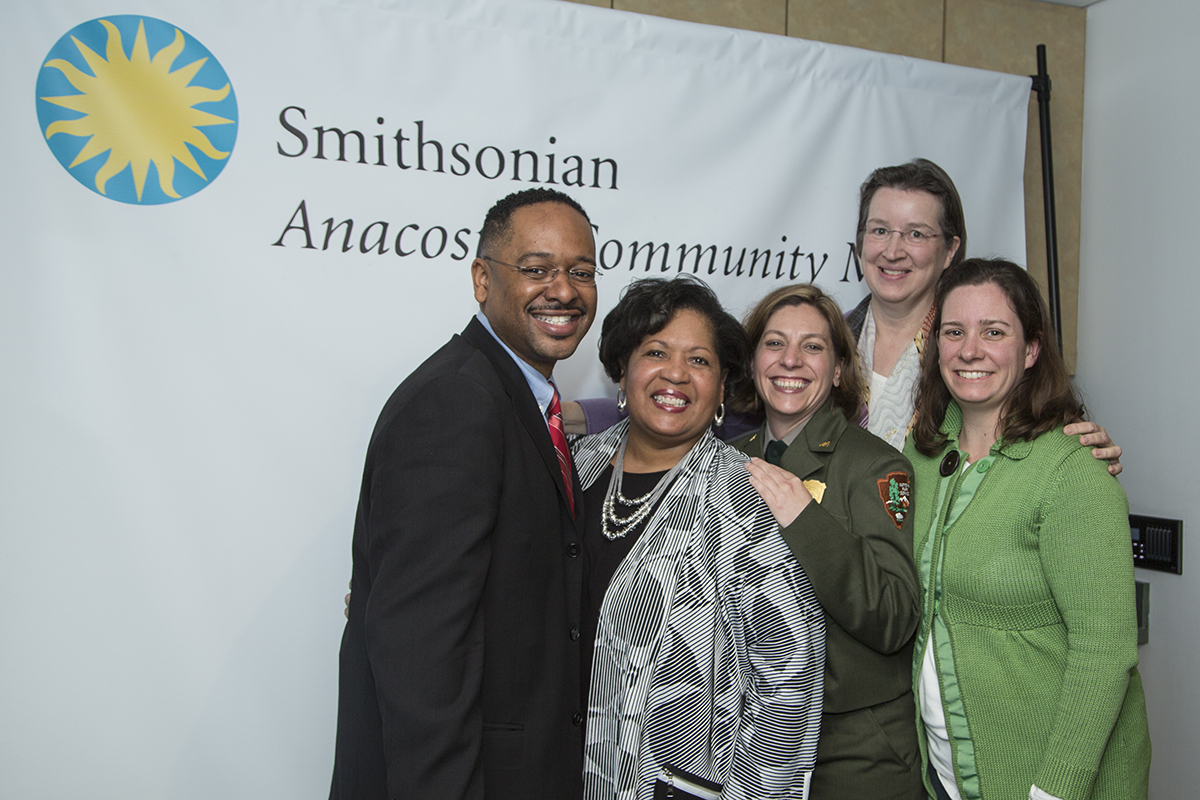The Board of Directors for the Mississippi Delta National Heritage Area recently held its May meeting at Delta Council headquarters in Stoneville, Mississippi. The board, chaired by Dr. Myrtis Tabb, welcomed new board members and discussed various partnership opportunities that will continue to promote the Mississippi Delta’s rich cultural heritage.
“I am pleased to work with the Board of Directors of MDNHA,” said Dr. Tabb. “We are excited to welcome our new members and continue moving into the implementation phase of a comprehensive management plan developed by a thorough process of meetings with groups and stakeholders throughout the region. Our goal is to empower as many voices as possible so that the story of the Delta is told by a chorus, rather than a few.”
The 15-member board includes representatives from Mississippi Valley State, Alcorn State and Delta State University, as well as the Delta Foundation, Smith Robertson Museum, Delta Council, Mississippi Arts Commission, Mississippi Department of Archives and History, and Mississippi Humanities Council. In addition, the governor and counties falling within five Delta districts appoint representatives to the board.
“Our board and our staff continue to work together, building the Mississippi Delta’s capacity to fulfill the MDNHA’s management plan through diverse partnerships,” said Dr. Rolando Herts, director of of The Delta Center for Culture and Learning, which serves as the management entity for the MDNHA. “Regional initiatives like the Delta Jewels Oral History Partnership, the Passport to Your National Parks Program, GRAMMY Museum Mississippi’s ‘Top 40 Places to Visit in the Mississippi Delta’ website, and the MDNHA Grants Program represent creative and inclusive ways that we are fulfilling the plan.”
In November 2015, Herts was invited to represent the MDNHA and The Delta Center in a panel discussion at the National Trust for Historic Preservation’s 2015 PastForward Conference in Washington, D.C. The conference launched a year-long celebration of the National Historic Preservation Act’s 50th anniversary, attracting hundreds of historic preservation scholars, policymakers, experts and activists from around the nation. The panel discussion was part of the preservationVOICES Learning Lab presentation track organized by the National Trust in partnership with the National Park Service and the Kellogg Foundation. The session, “Recognizing Our Shared History,” focused on how the National Park Service works to tell inclusive stories of all Americans.
In keeping with the PastForward Conference presentation, the MDNHA manages the Delta Jewels Oral History Partnership. The partnership has engaged over 800 Mississippi Delta residents and visitors through programs that raise awareness about the educational and cultural value of capturing community stories. The programs are offered to Mississippi organizations and communities in collaboration with Alysia Burton Steele, University of Mississippi journalism professor and author of “Delta Jewels: In Search of My Grandmother’s Wisdom.” Oral history presentations about the book have been held in several MDNHA communities including Clarksdale, Charleston, Indianola, Yazoo City, Ruleville, Mound Bayou, Cleveland, Vicksburg and Itta Bena. Programs also have been held outside the MDNHA at Jackson State University, Alcorn State University and the University of Southern Mississippi.
In March 2016, to commemorate Women’s History Month and the National Park Service Centennial, the Delta Jewels Oral History Partnership presented at the Smithsonian Anacostia Community Museum in Washington, D.C. The program featured 92-year-old Annyce Campbell of Mound Bayou, who graces the cover of “Delta Jewels,” and Reena Evers, daughter of civil rights icons Medgar Evers and Myrlie Evers-Williams. Campbell also visited the White House.
The MDNHA manages the Passport to Your National Parks program which features passport stations in each of the region’s 18 counties. The Delta Center serves as the program headquarters, welcoming passport collectors traveling the region and directing them to passport locations throughout the MDNHA, including the B.B. King Museum and Delta Interpretive Center in Sunflower County, tourism visitor centers in Coahoma, Tunica, Yazoo and Warren counties, and courthouses in Carroll, Holmes, Quitman, Sharkey, Tallahatchie and Tate counties.
Members of the National Park Travelers Club have toured the MDNHA collecting National Park Service passport stamps as a way to celebrate the 2016 National Park Service Centennial.
“We would not have known about all of the interesting places to visit in the Delta had it not been for this program,” said Leland Warzala, a club member from Illinois. “We knew that we had to visit all of the counties here, because we wanted to get all of the stamps. We had no idea that there are so many great things to see and do along the way, like the Crossroads sign [in Clarksdale], Dockery Farms and all of the Blues Trail markers.”
GRAMMY Museum® Mississippi opened its doors to the region, the nation, and the world this year. As part of the grand opening celebration, the museum partnered with the MDNHA to launch the “Top 40 Places to Visit in the Mississippi Delta” website.
The website features cultural heritage attractions throughout the Mississippi Delta that tell the region’s diverse stories. The site underscores the museum and MDNHA’s shared interest in promoting the entire 18-county Mississippi Delta region as an educational cultural heritage destination of which its residents should be proud.
“As GRAMMY Museum Mississippi, we explore and celebrate the enduring legacies of all forms of music, and we’re also telling the story of the cradle of America’s music right here in Cleveland, the heart of the Mississippi Delta,” said Emily Havens, executive director of the museum. “Our area’s rich musical legacy is a source of pride for Delta residents. We want to encourage everyone to explore and learn about our entire region, from local school groups to travelers from around the globe.”
In April 2016, The Delta Center hosted a group of Swedish music tourists. In addition to experiencing the GRAMMY Museum, the group visited several attractions included on the Top 40 list including Dockery Farms and Mississippi Blues Trail markers throughout the MDNHA. The group also experienced an African American church service in Clarksdale, a tribute to the MDNHA’s cultural heritage theme celebrating the region as a “Wellspring of Creativity.”
For these and various other programmatic successes, The Delta Center was presented the 2016 Georgene Clark Diversity Champion Award at Delta State University’s Winning the Race Conference.
“Through the Heritage Area partnership, the Mississippi Delta region can come together to take pride in our diverse culture and history,” said Herts. “Our stories surrounding issues of race, social injustice, civil rights, identity and expressions of faith have shaped and reflect the American experience.”
At the May meeting, the MDNHA selected inaugural recipients of the organization’s grant program. Grant programs are created and managed by many National Heritage Areas across the U.S. to support local organizations’ cultural heritage education, interpretation, and promotion efforts.
“We have recently completed the first round of a formal grants program,” explained Tabb. “The management plan calls for us to create a program to fund seed projects that meet the heritage area’s goals. Many worthwhile proposals were submitted for this round from agencies and organizations throughout the Delta. Even though we were unable to fund them all, we were excited to see the work already taking place in the region. We look forward to continuing the grants program and partnering with others celebrating our diverse Delta heritage.”
The next deadline for grant proposals is July 5. Those awarded grants will be notified at the end of August. To find out more about the grants, or the MDNHA, visit www.msdeltaheritage.com.

